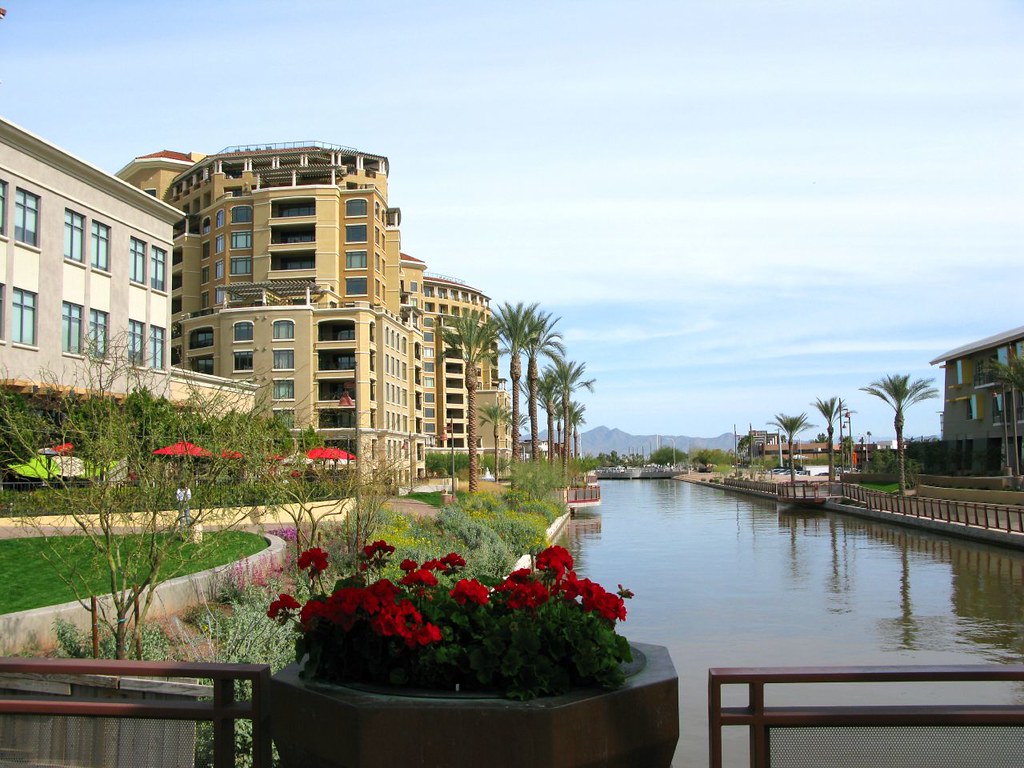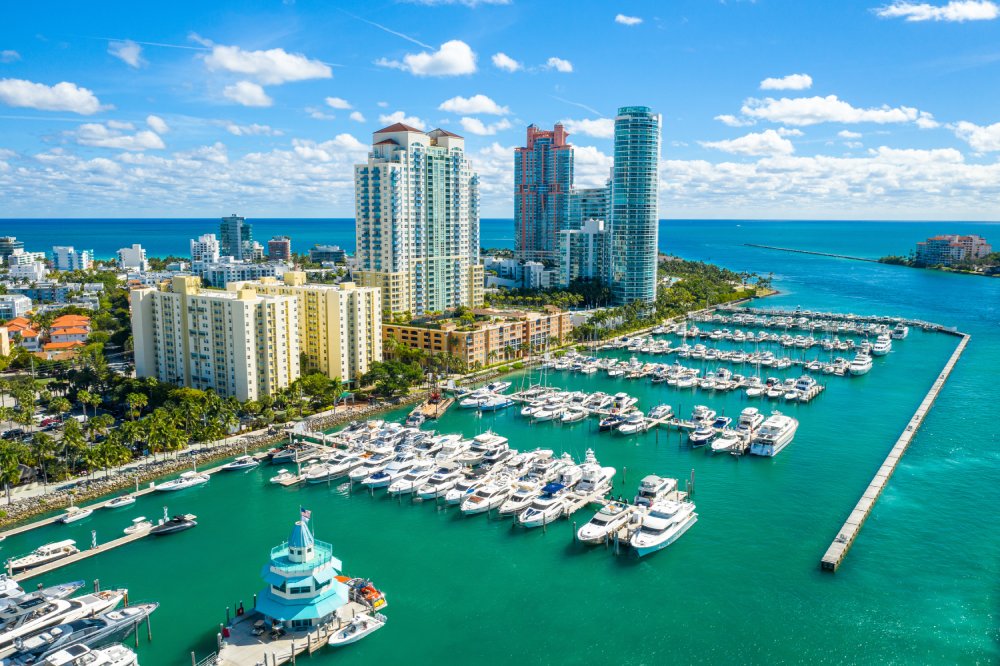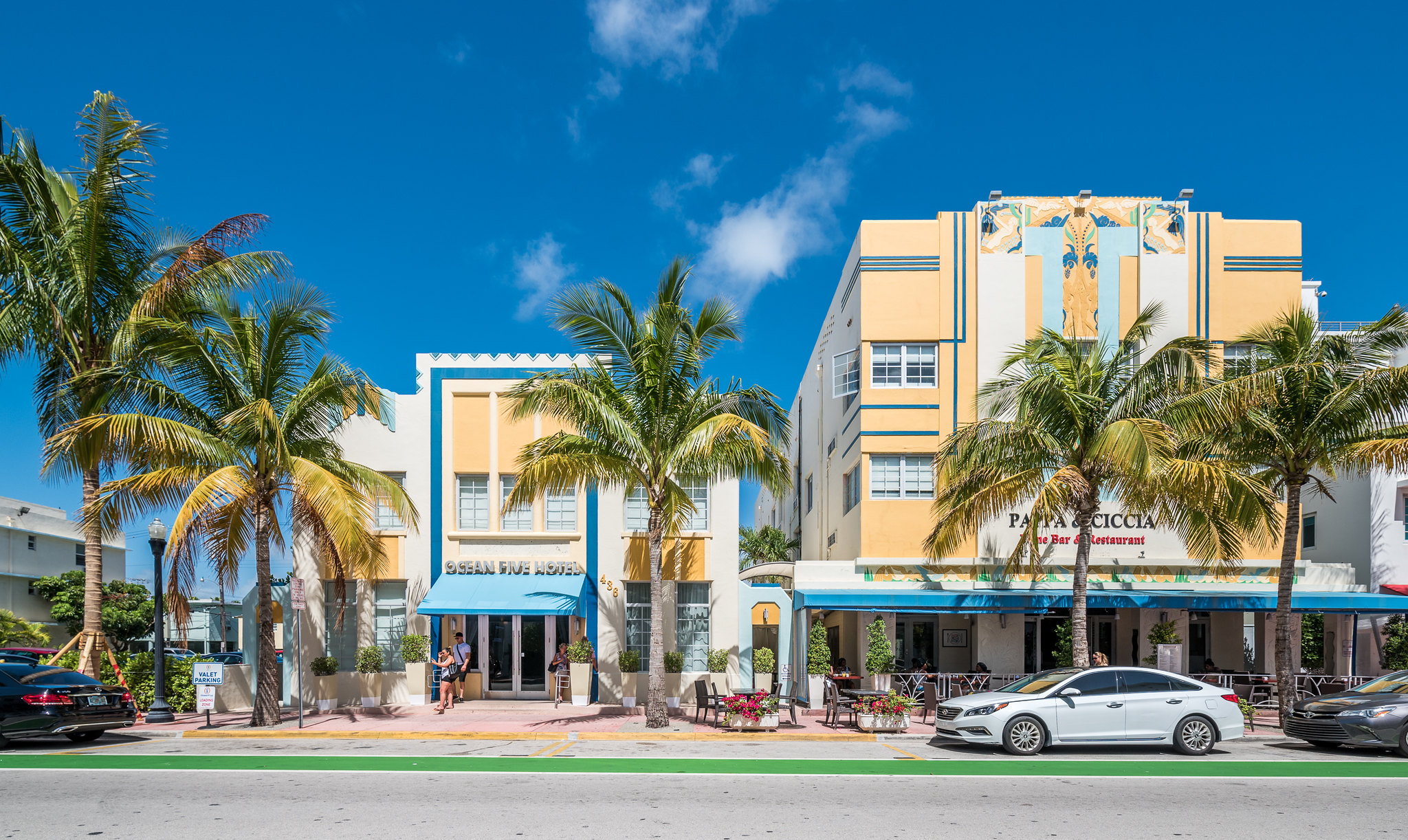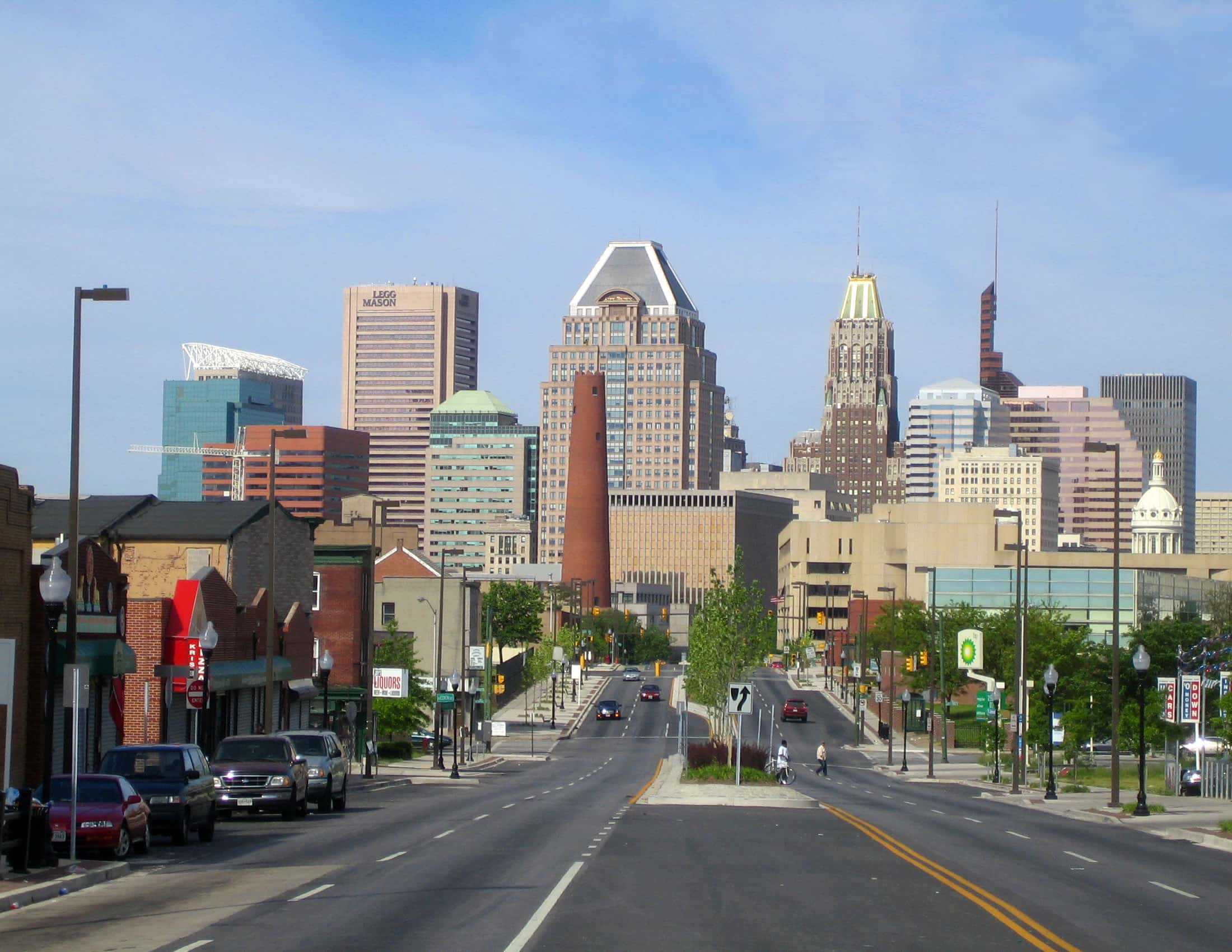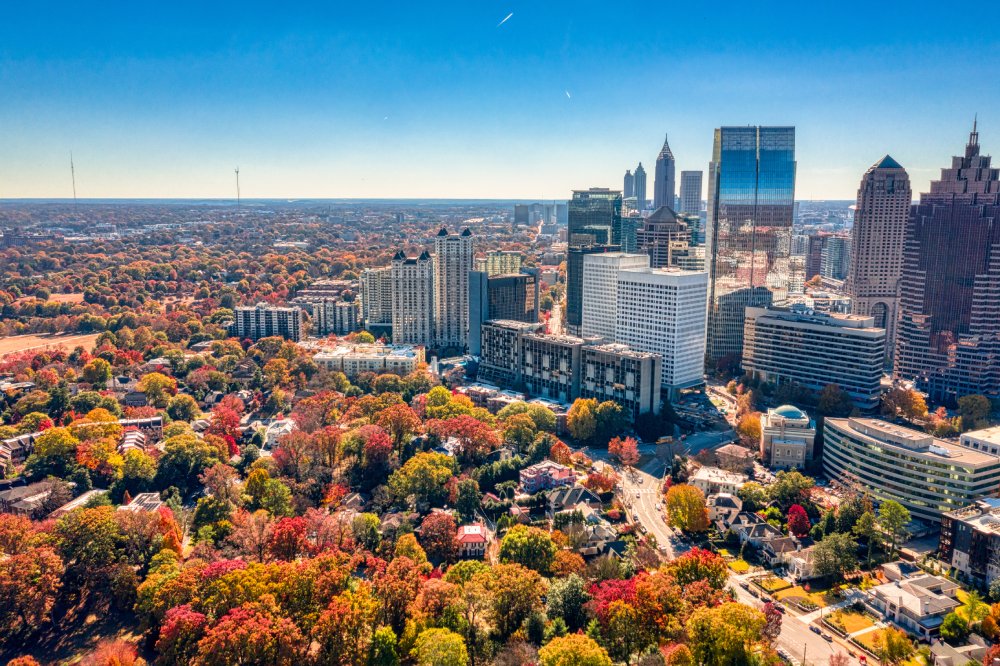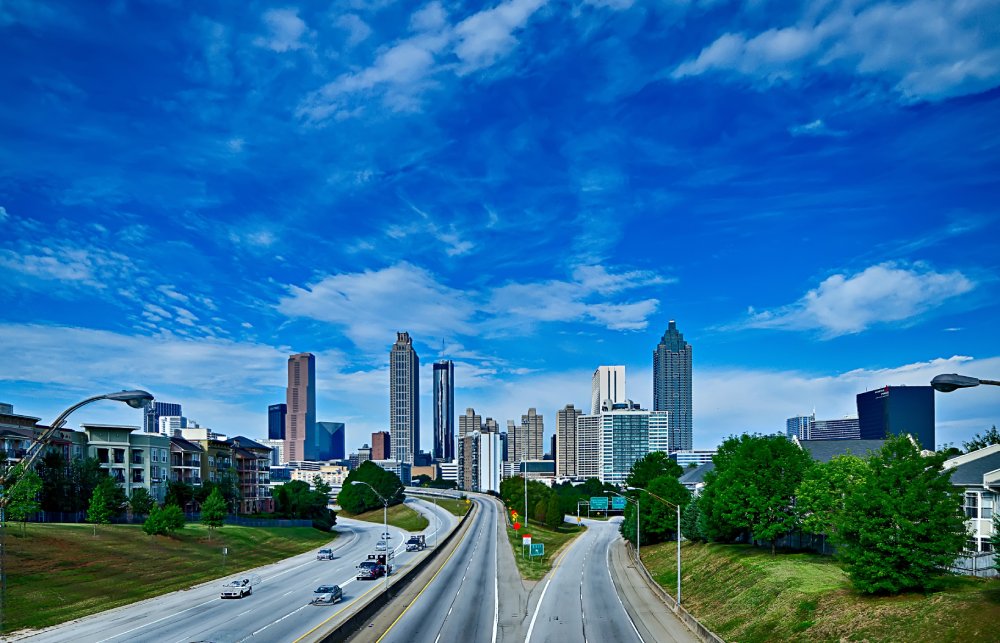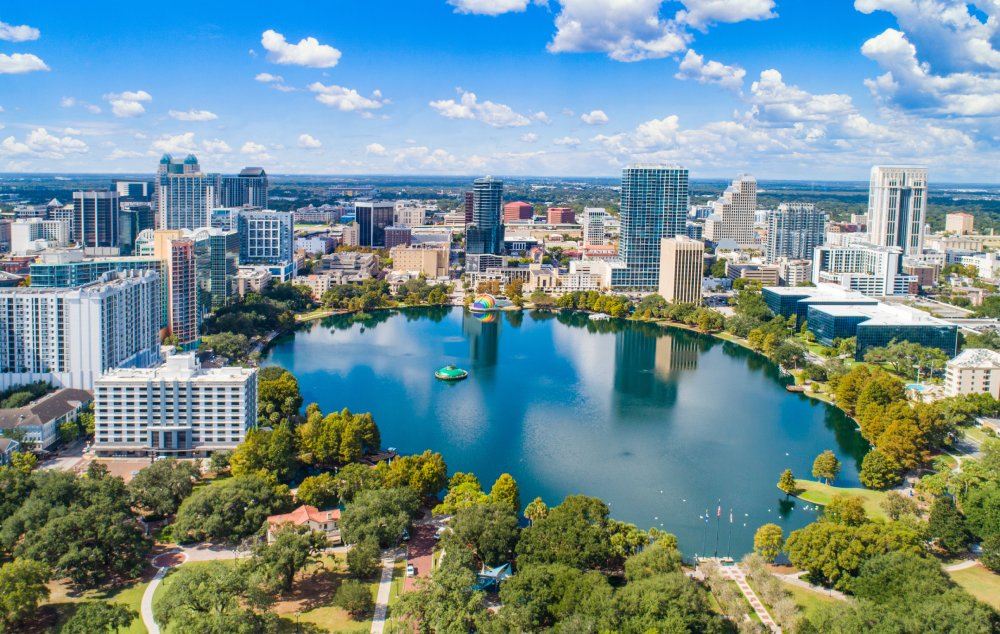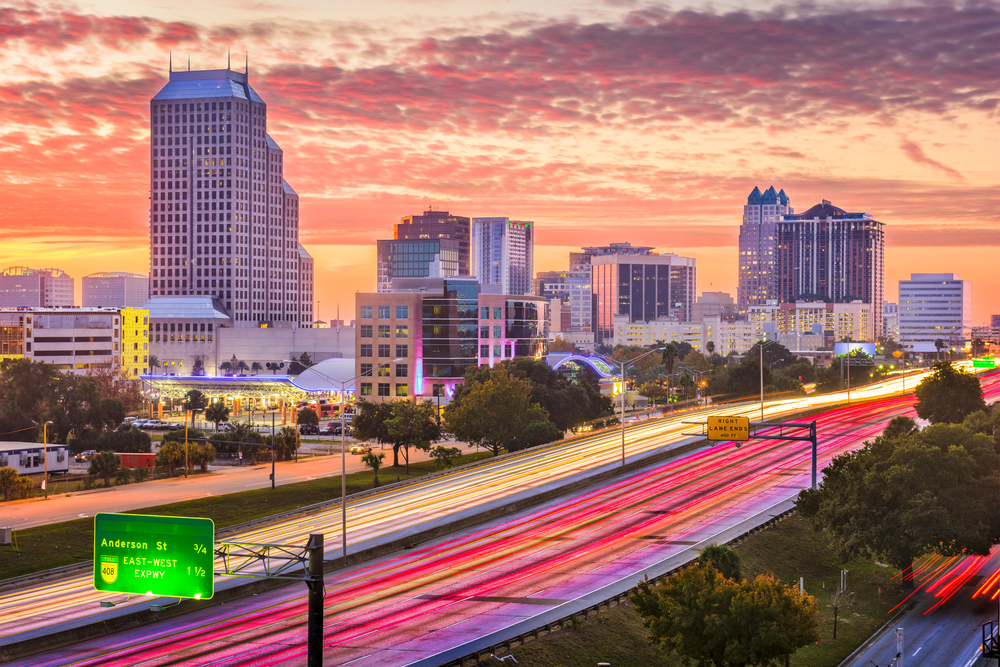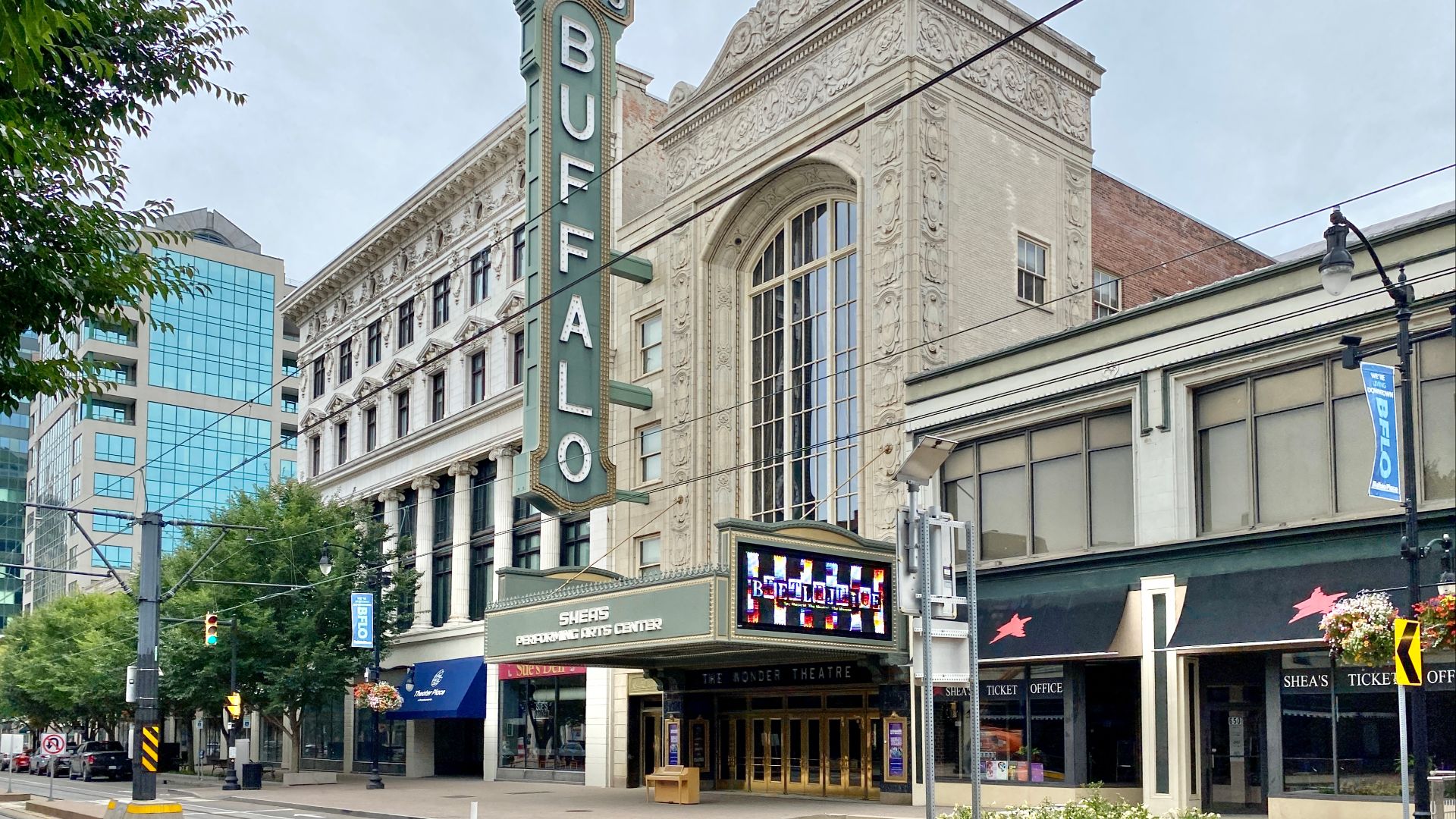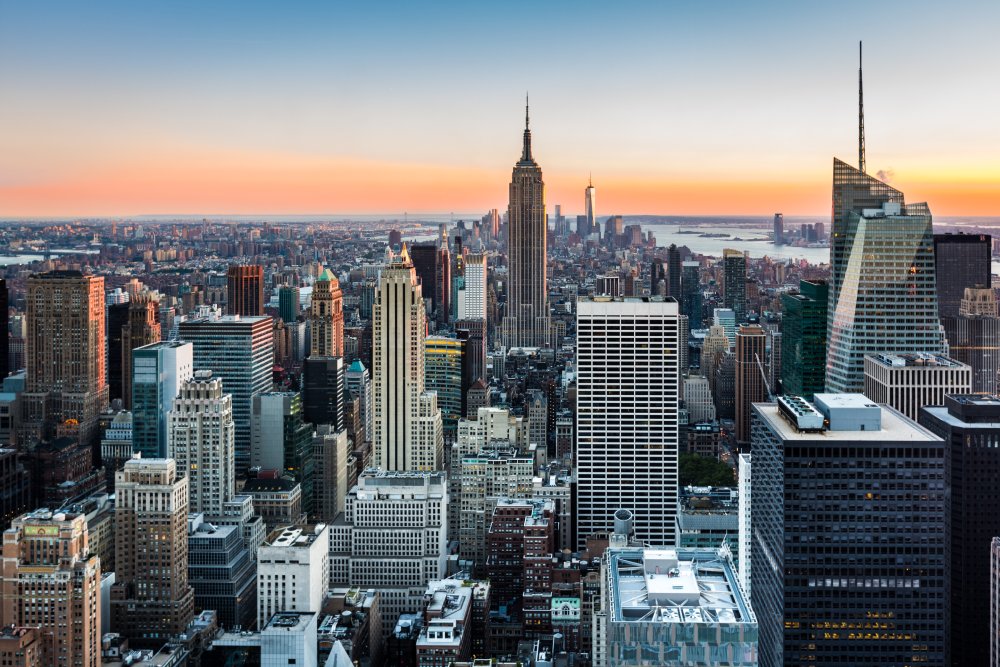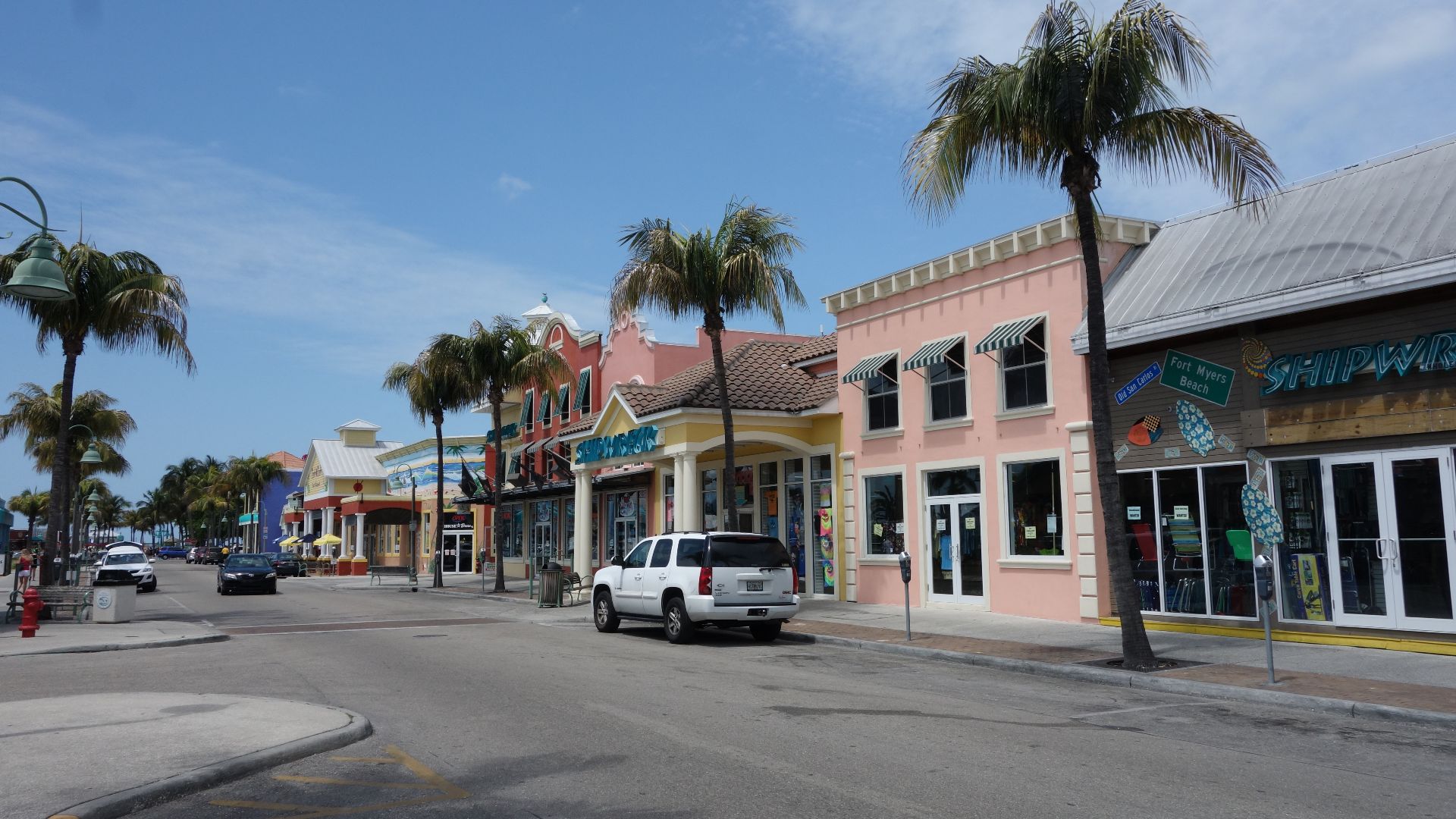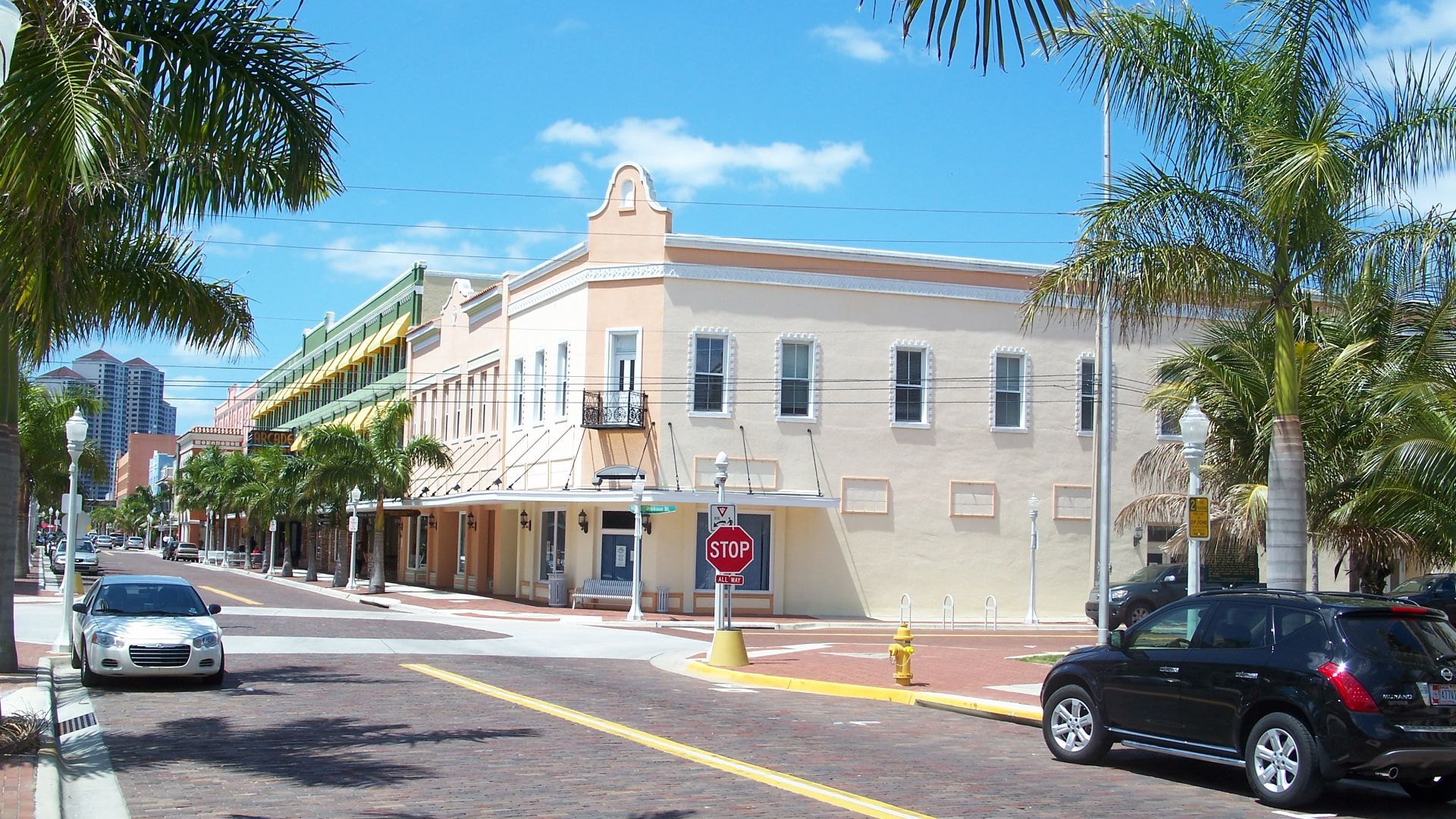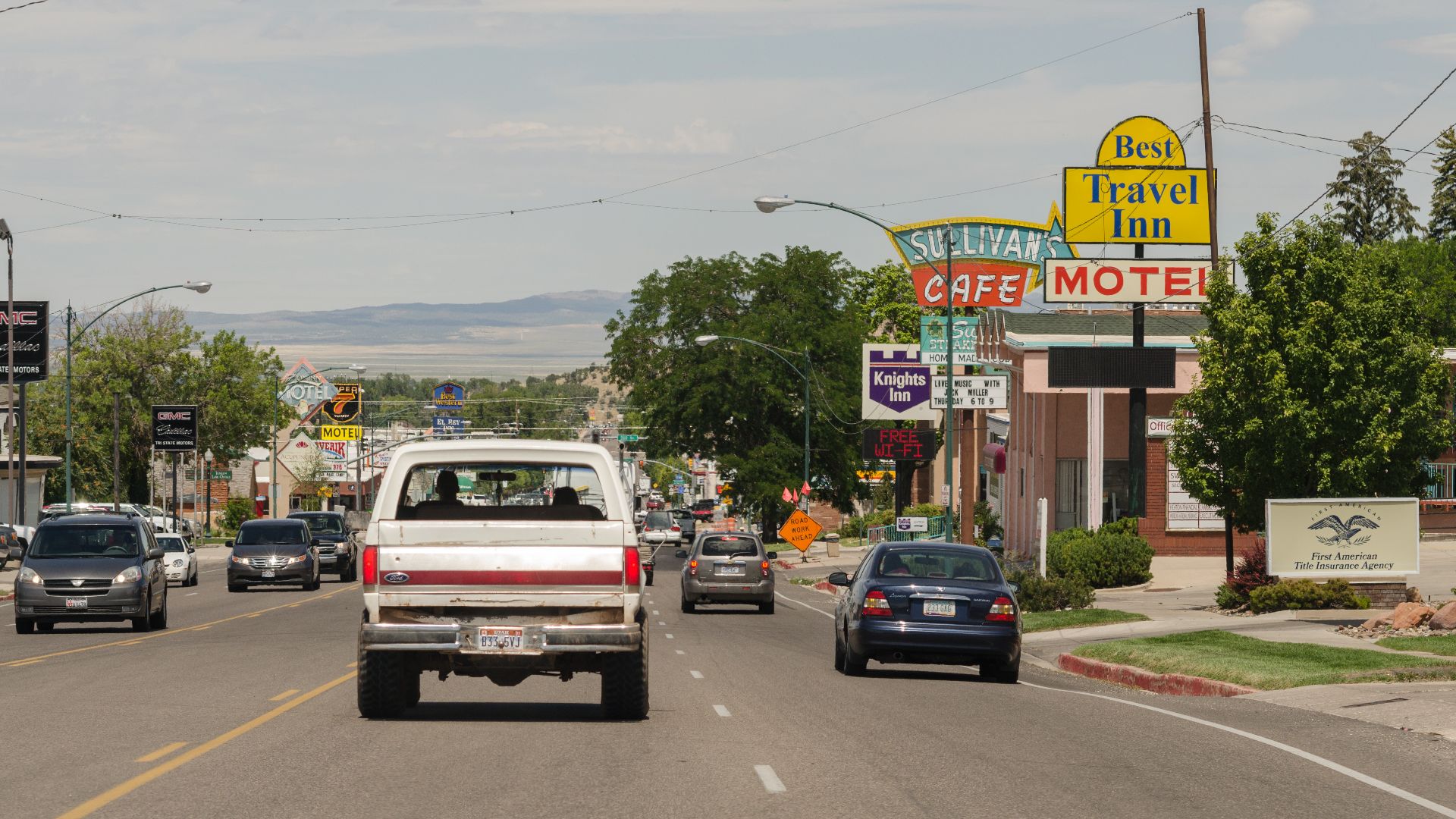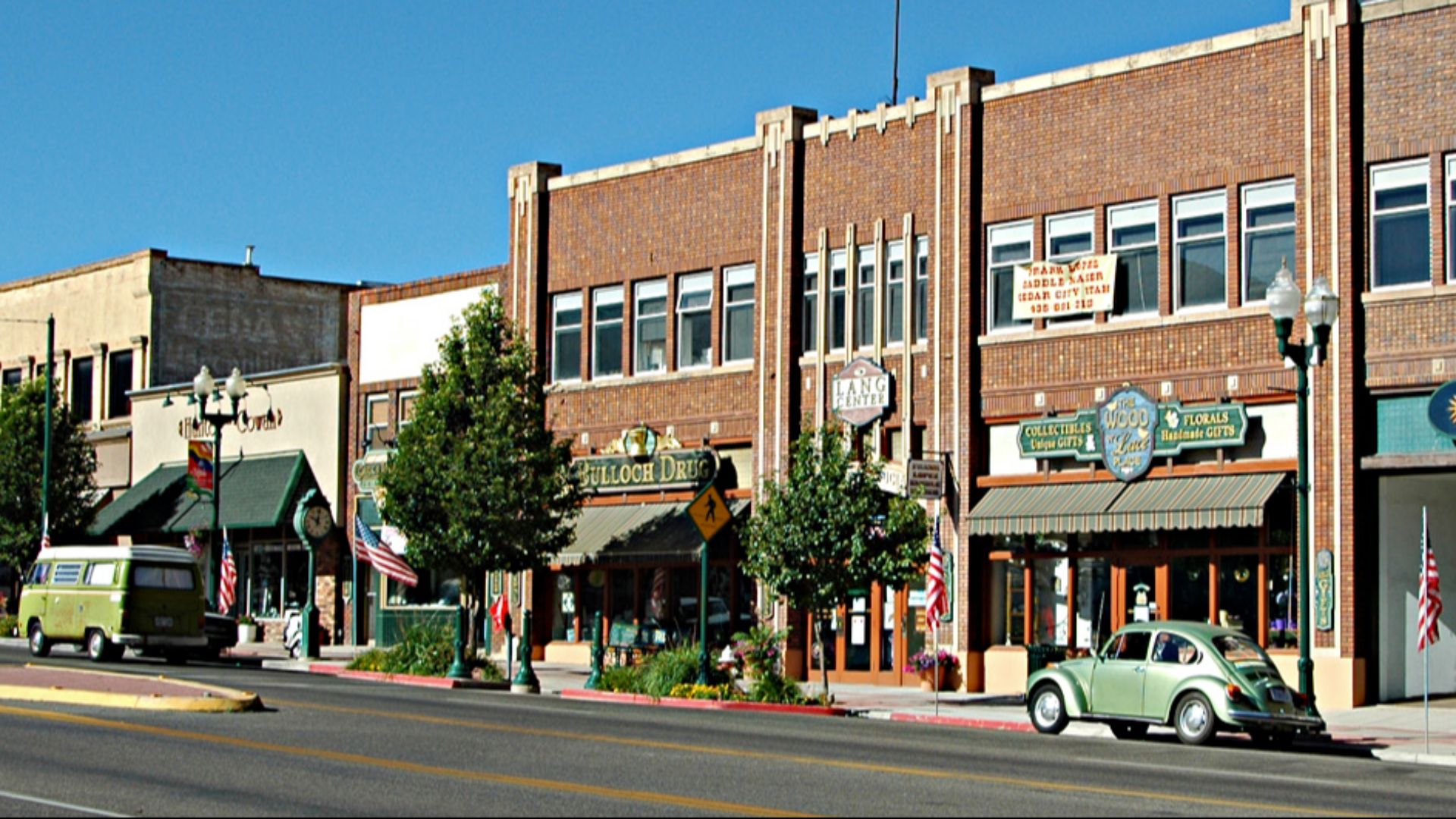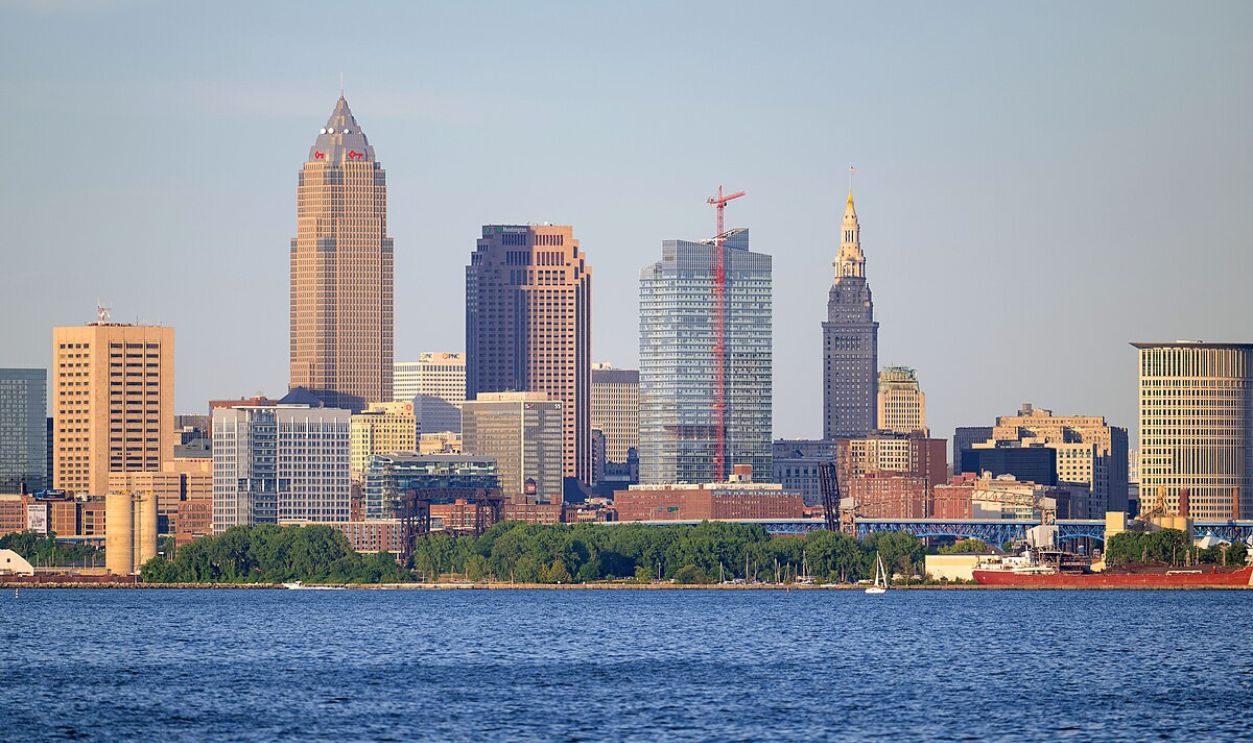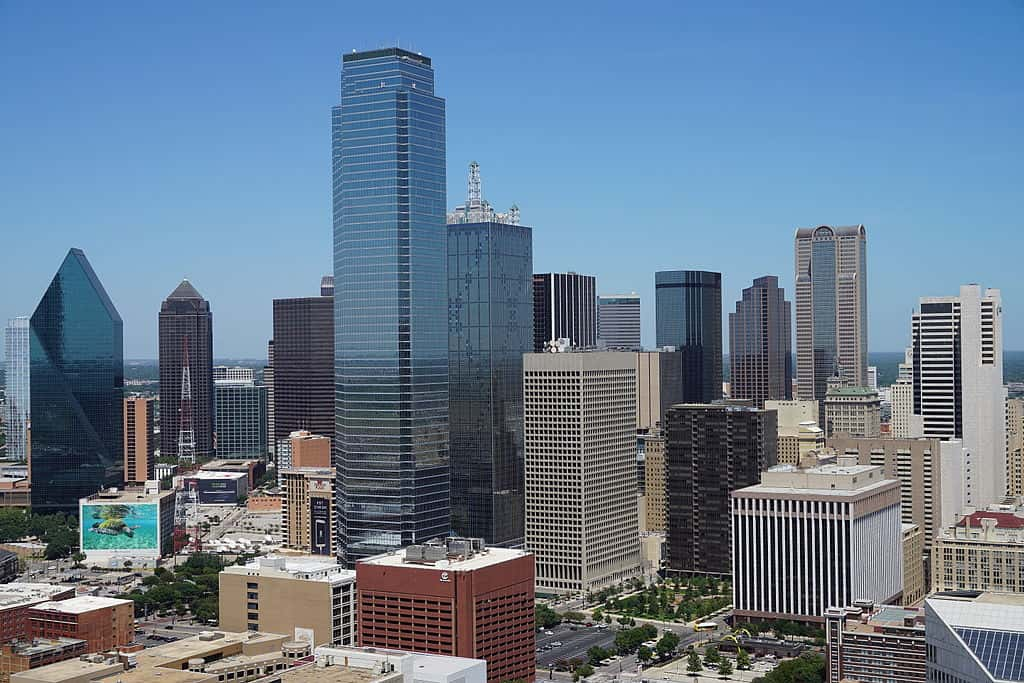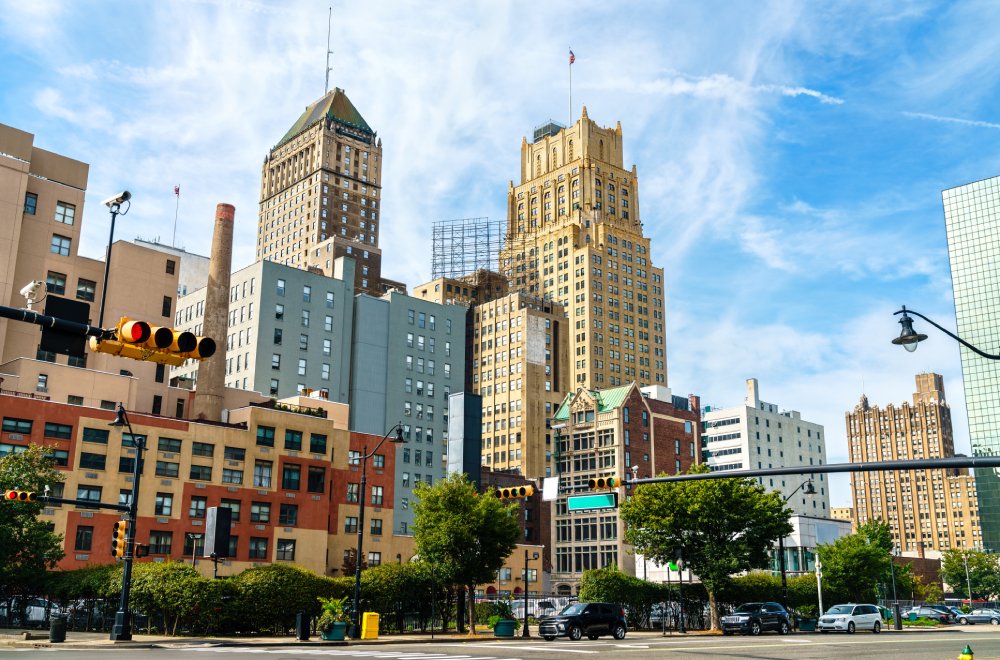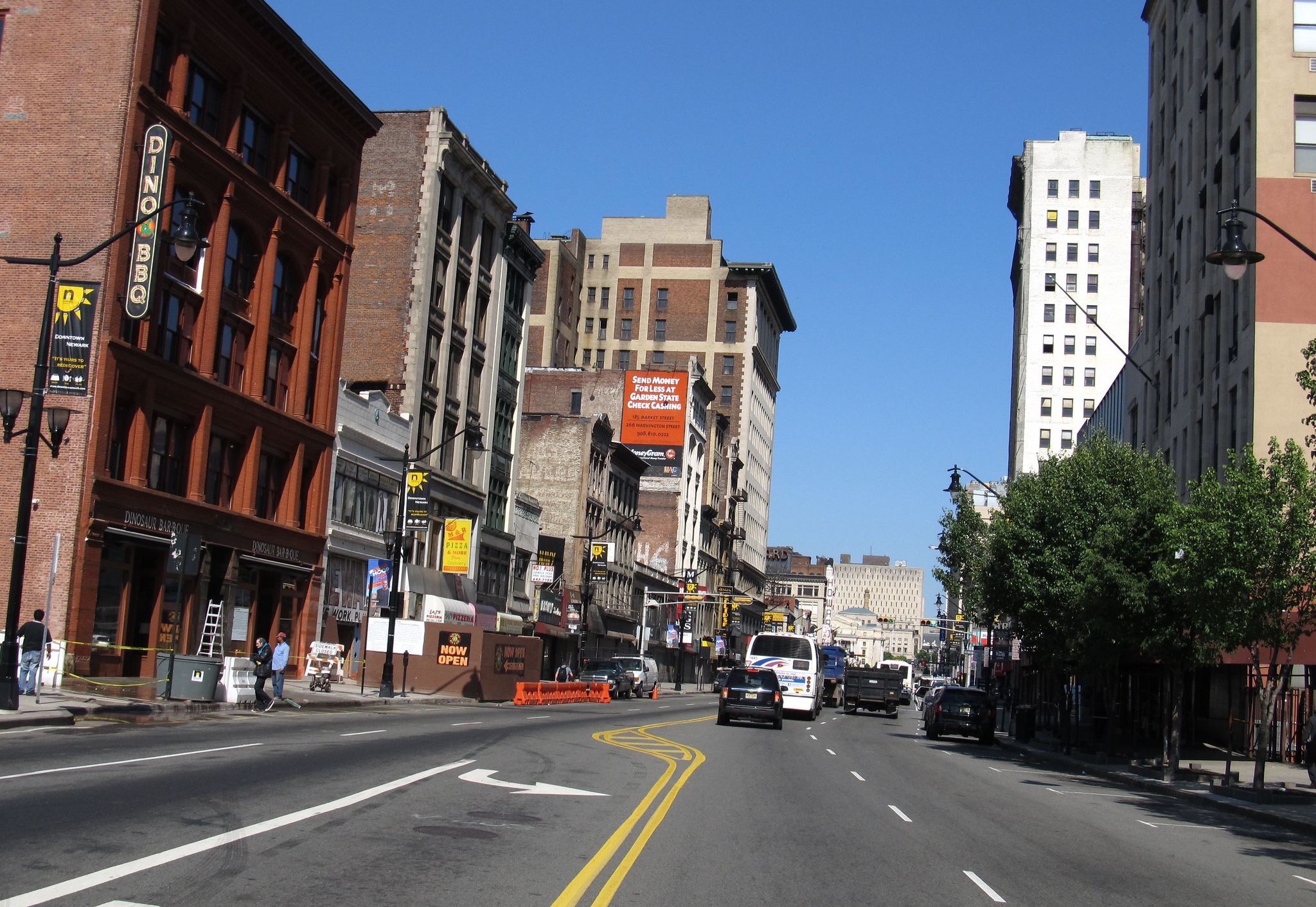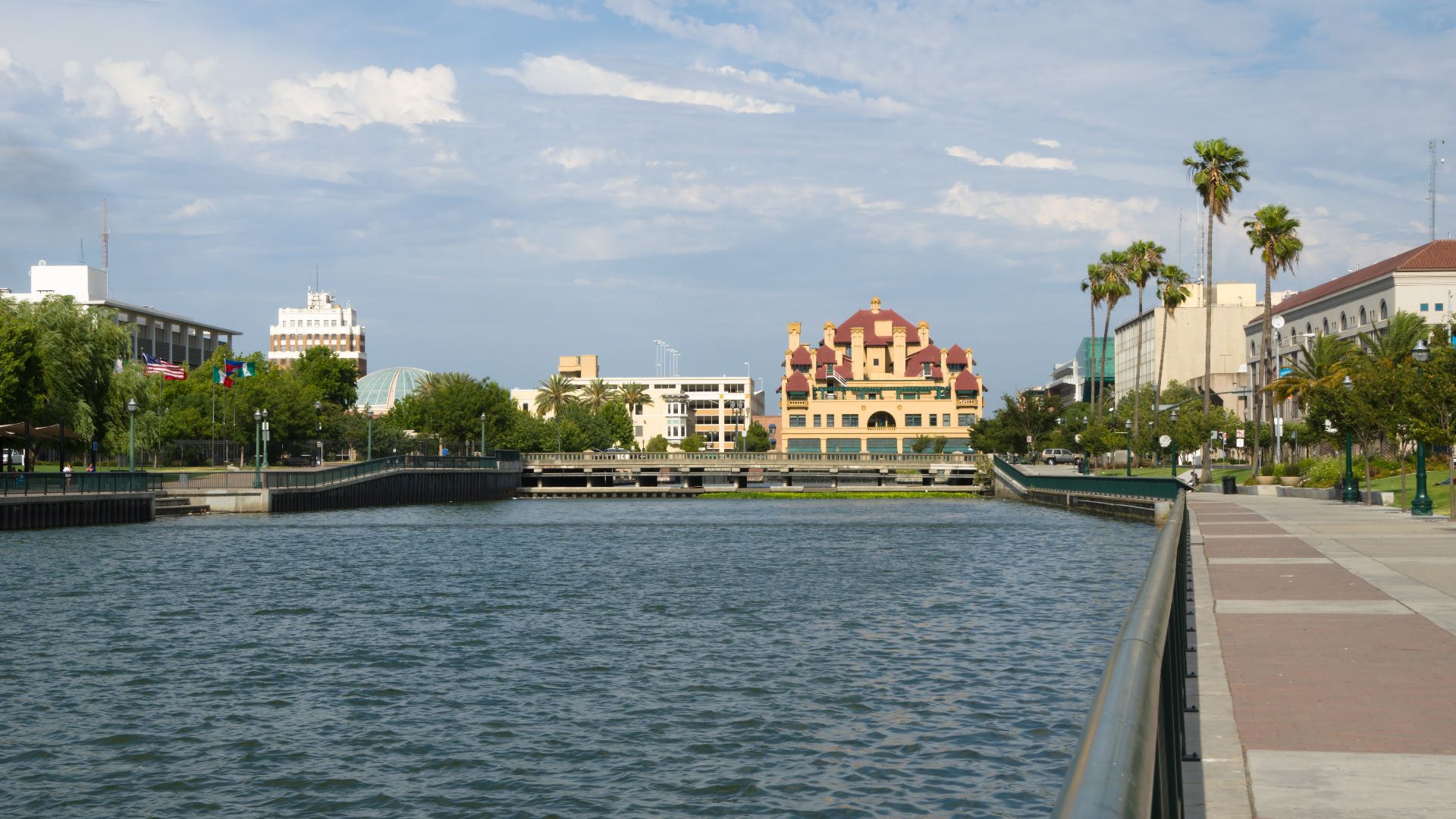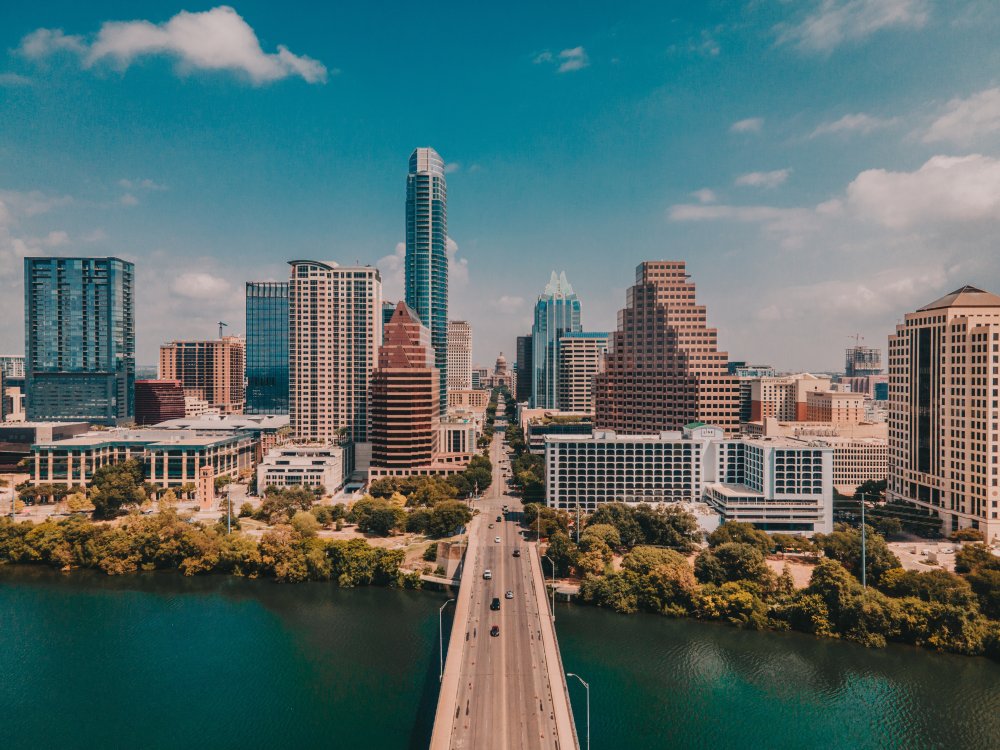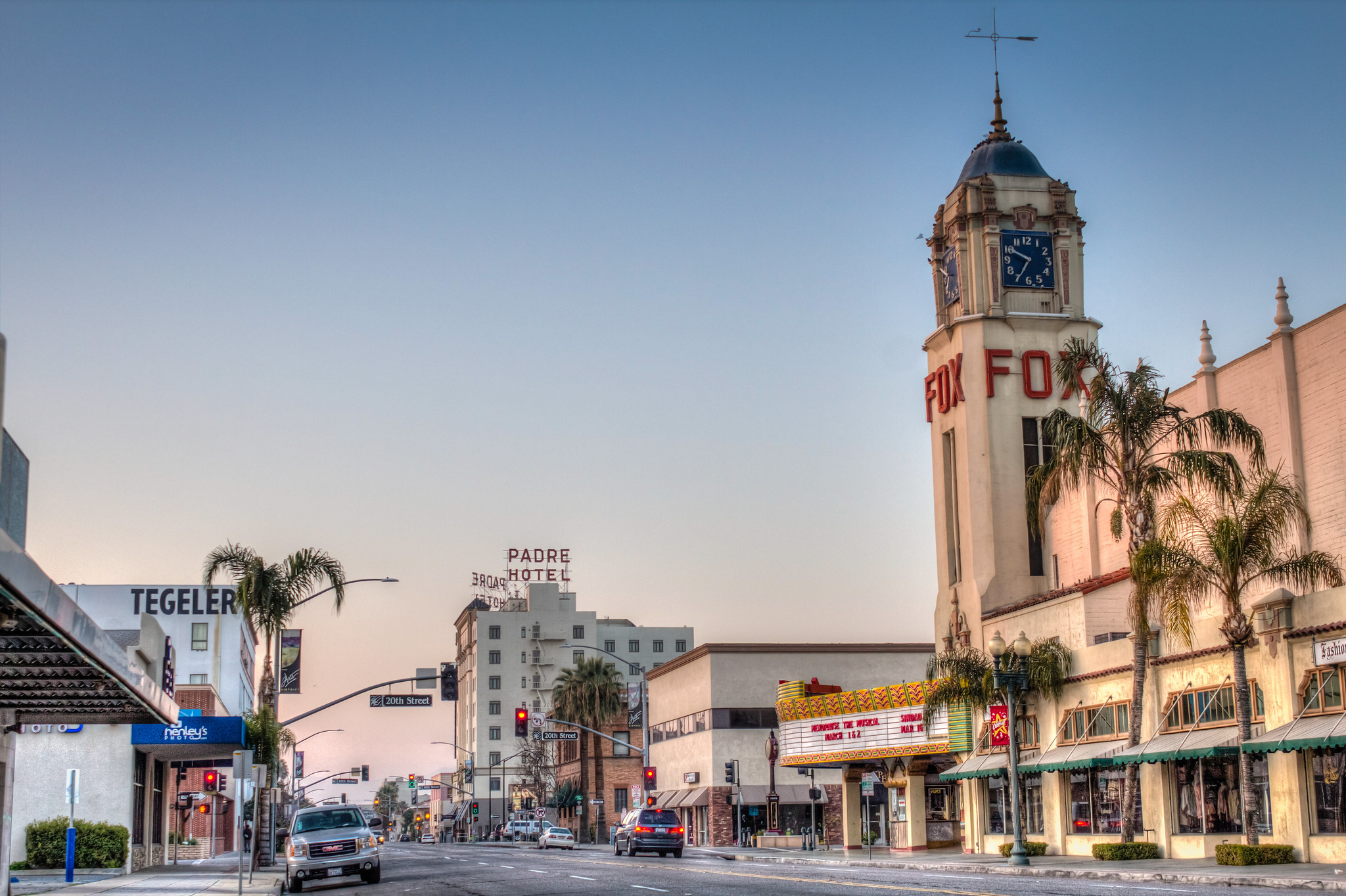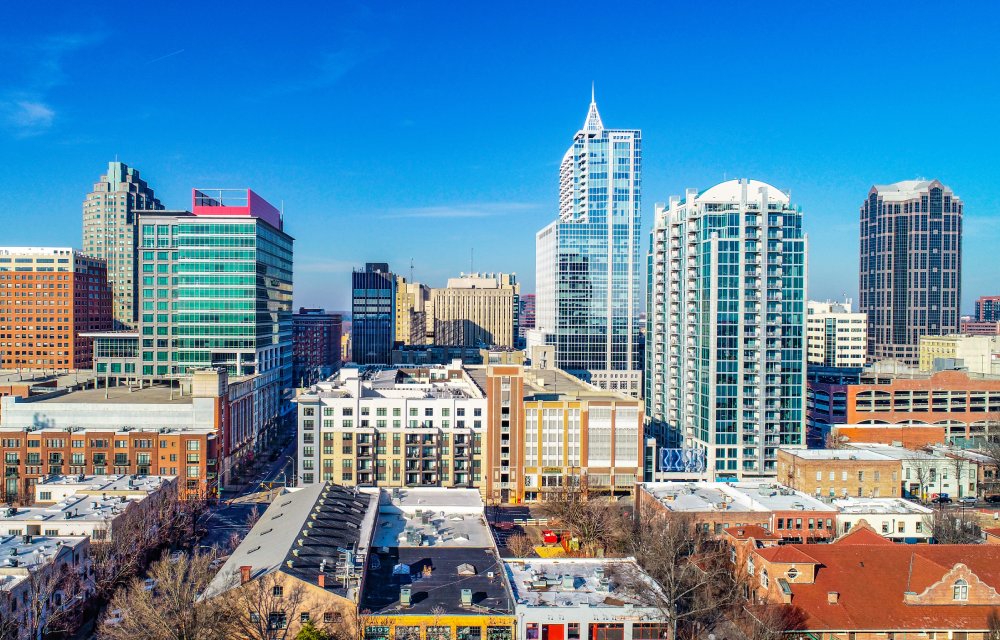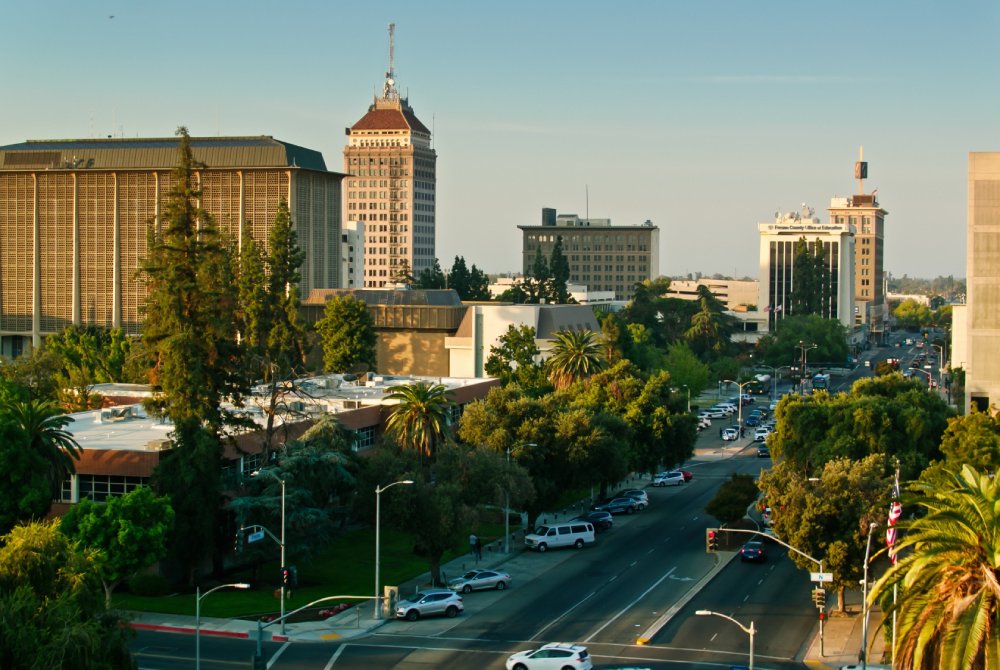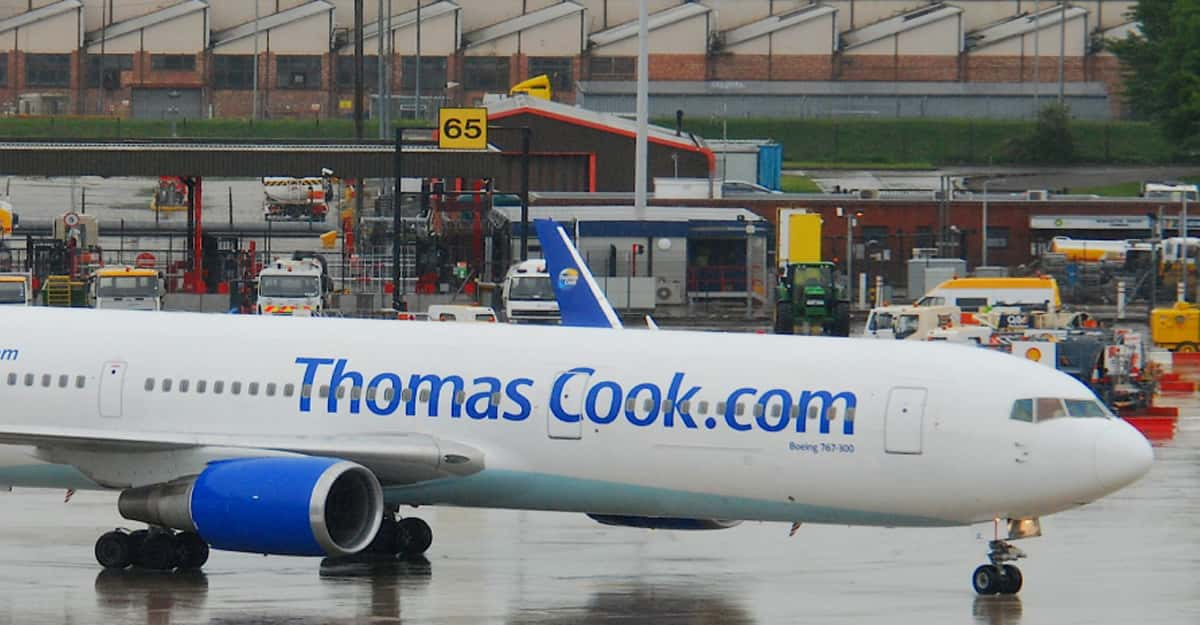Check Out These Cities Before You Register That LLC
Where you start your business matters just as much as your idea. Thinking of launching or relocating? Some cities roll out the welcome mat; others put up roadblocks.

Best: Scottsdale, AZ
Scottsdale is best known for its upscale desert resorts and golf courses. But behind the palm-lined streets is a business climate that's booming. This Arizona city has posted a staggering 38% GDP growth over four years, backed by a 16.5% self-employment rate— one of the highest in the nation.
Best: Scottsdale, AZ (Cont.)
For entrepreneurs looking for stability, that means a community where small businesses can survive and thrive. Low tax burdens and streamlined permit processes help, but what sets Scottsdale apart is its ability to blend affluence with accessibility. If you're ready to build a small team, the talent pool is solid.
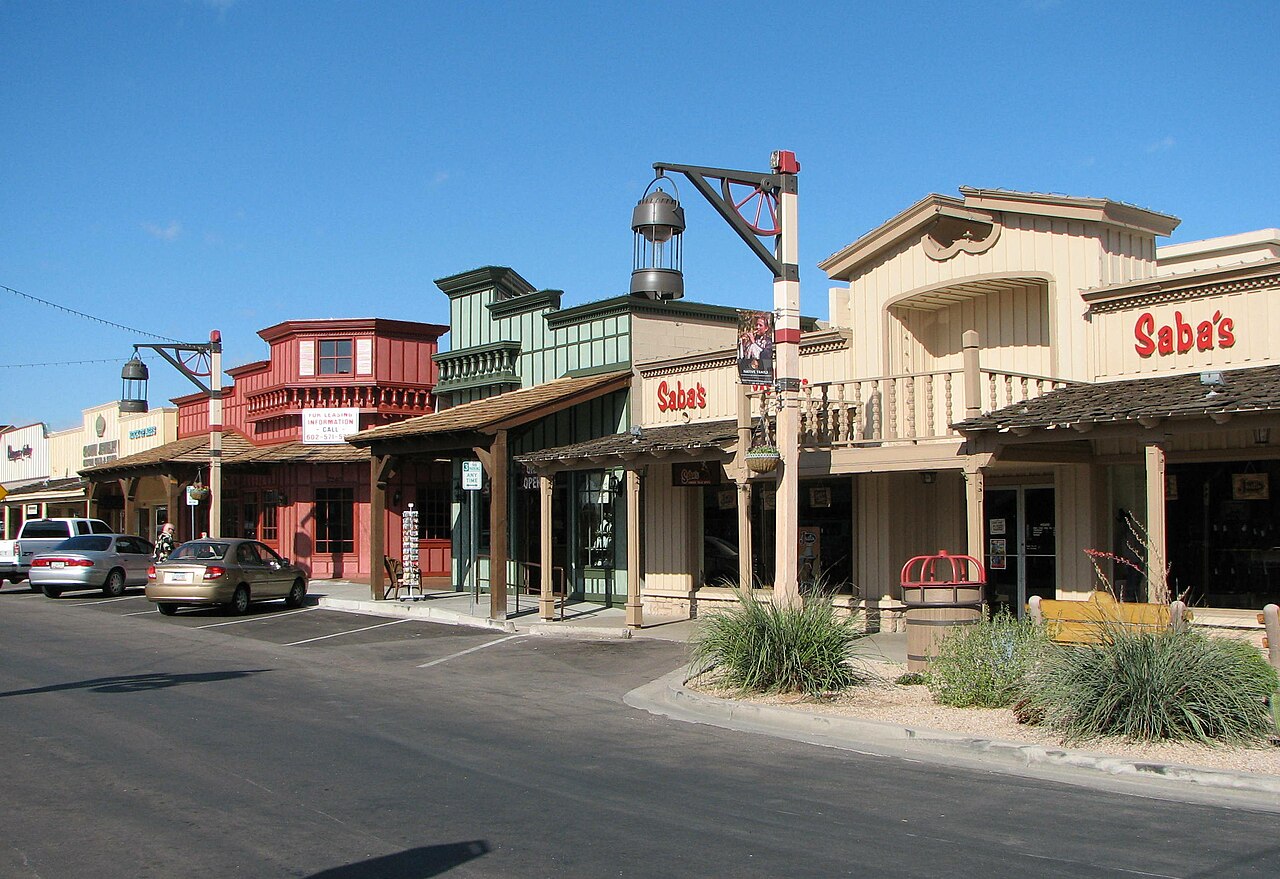 Bernard Gagnon, CC BY-SA 3.0, Wikimedia Commons
Bernard Gagnon, CC BY-SA 3.0, Wikimedia Commons
Worst: Chesapeake, VA
Despite its coastal charm, Chesapeake ranks dead last among US cities for starting a business, and the reasons stack up fast. High startup costs and a lack of entrepreneurial infrastructure make it a tough place for new ventures. It also struggles with limited access to capital and fewer networking opportunities.
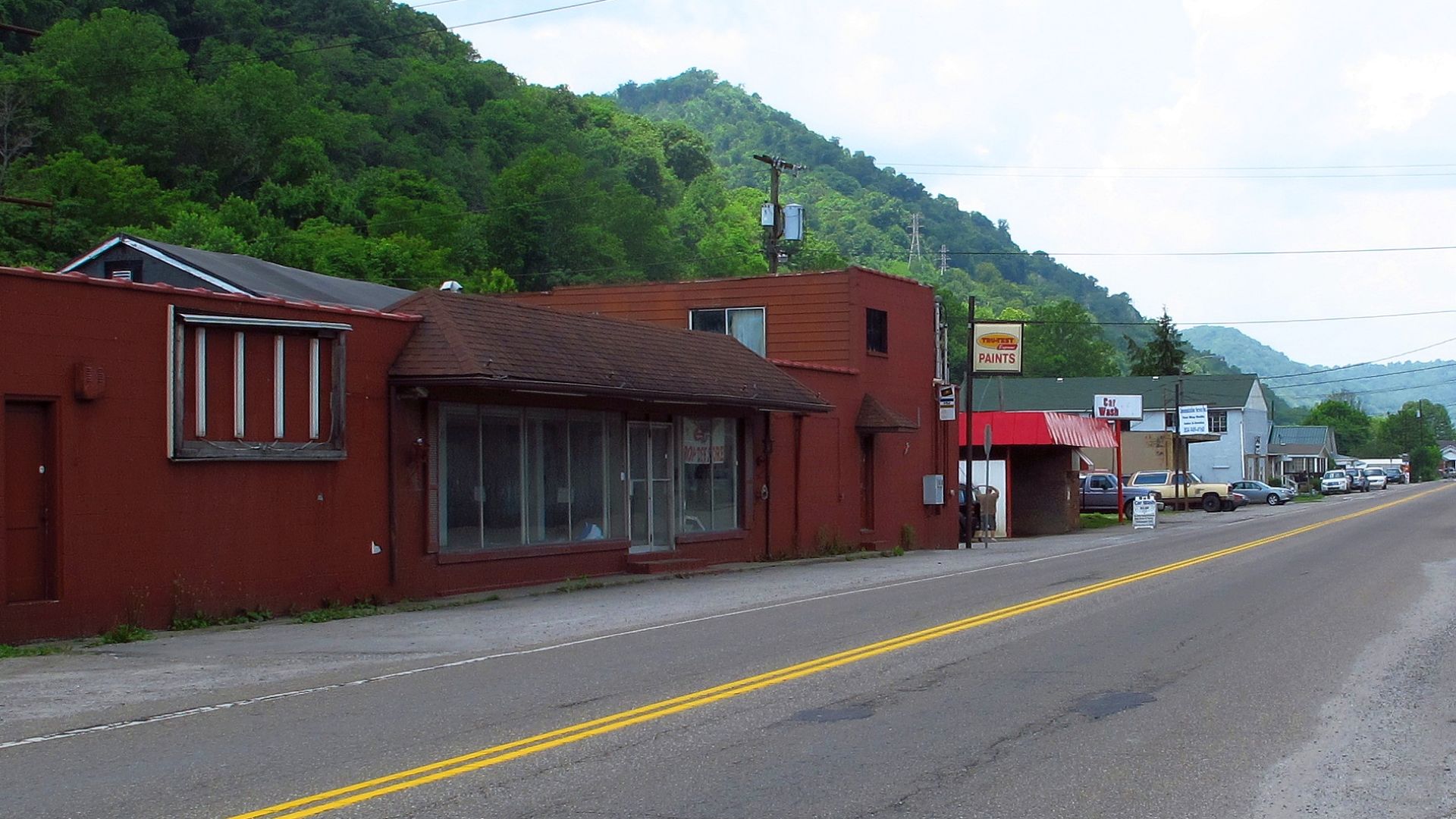 Magnolia677, Wikimedia Commons
Magnolia677, Wikimedia Commons
Worst: Chesapeake, VA (Cont.)
With minimal coworking options and a sparse investor presence, companies here often face an uphill battle from day one. While Virginia overall has a decent business reputation, Chesapeake hasn't caught the wave. If you're starting out, you'll likely find more friction than fuel here.
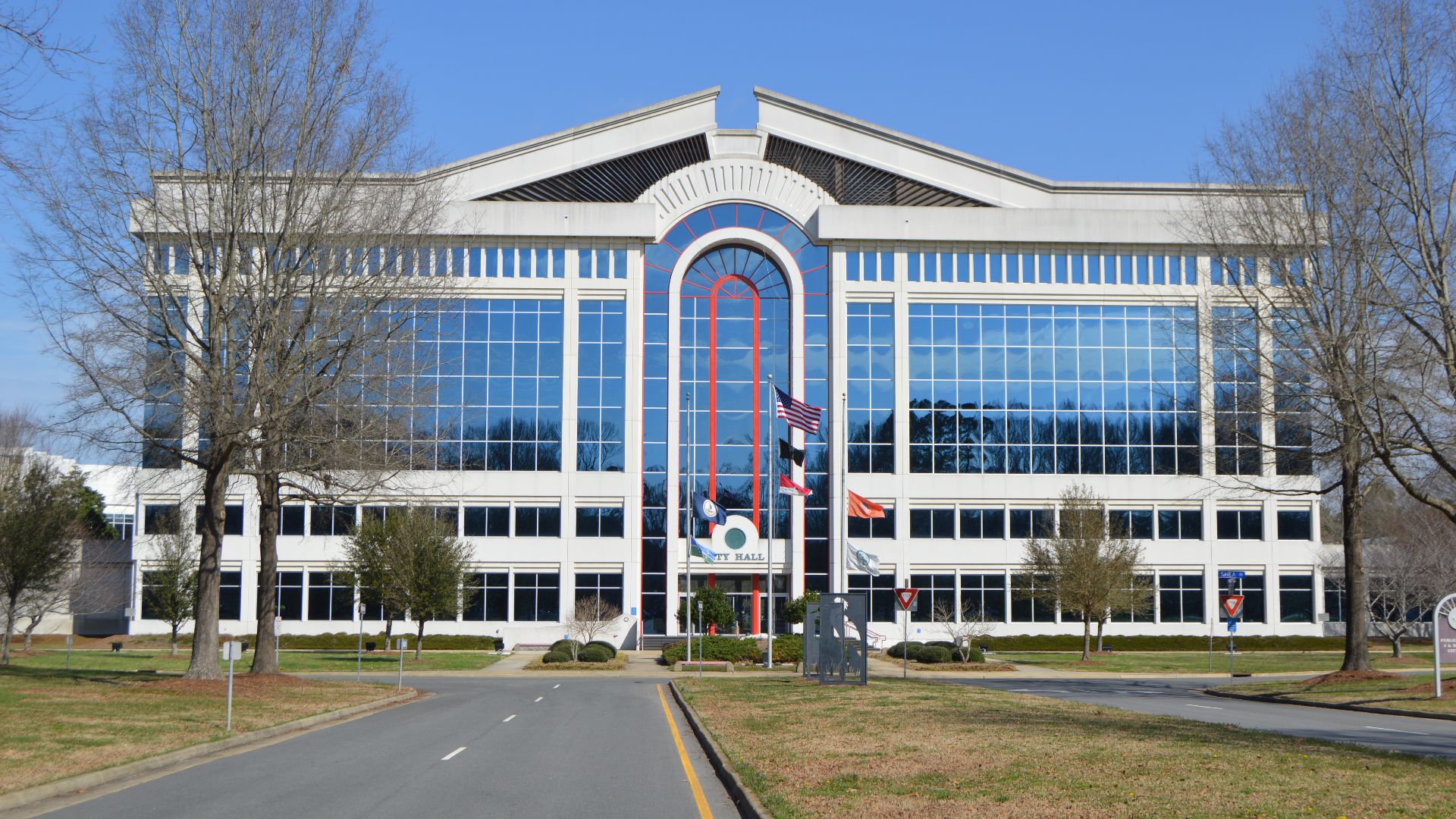 Magnolia677, Wikimedia Commons
Magnolia677, Wikimedia Commons
Best: Miami, FL
Sunny and increasingly startup-savvy, Miami isn't just a vacation hotspot anymore. With 5,320 business applications for every 100,000 residents, the city is a magnet for entrepreneurial energy. Miami's strength lies in its diverse population and access to Latin American markets.
Best: Miami, FL (Cont.)
You'll find no shortage of networking events that support freelancers and entrepreneurs. Add to that Florida's zero state income tax and a culture that thrives on hustle, and Miami becomes a place where startups can go from scrappy to scalable without swimming upstream against costs and bureaucracy.
Worst: Baltimore, MD
Baltimore's character isn't enough to offset the real struggles businesses face here. The city has long dealt with high poverty rates and underfunded infrastructure, which create instability for startups. Business owners run into barriers like sluggish permit approvals and an economy that's trying to rebound from years of stagnation.
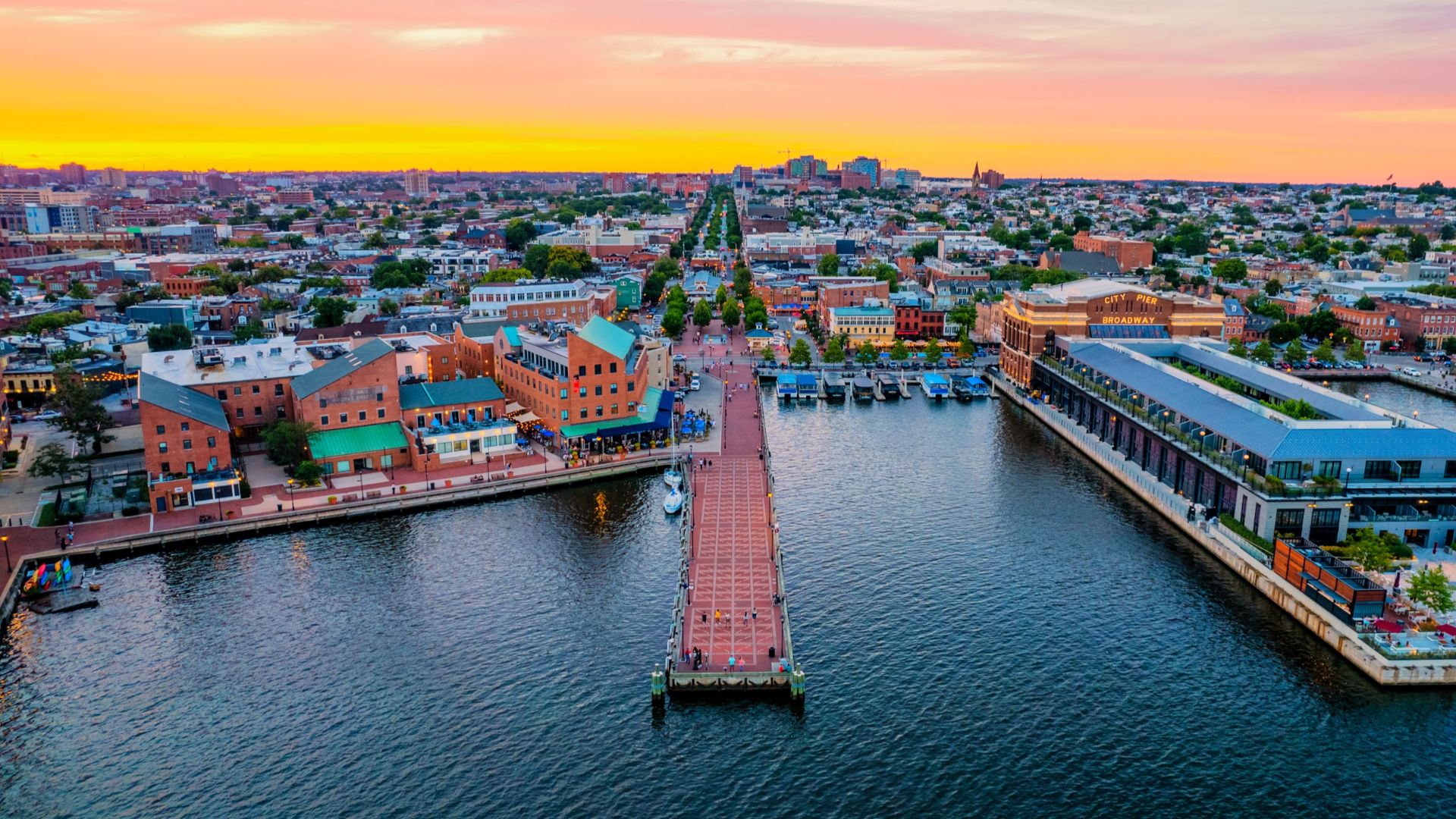 Matthew Binebrink, Wikimedia Commons
Matthew Binebrink, Wikimedia Commons
Worst: Baltimore, MD (Cont.)
While there's been some momentum in revitalized neighborhoods, that growth remains uneven and often inaccessible to smaller players. Crime and safety concerns represent another layer of complexity, especially for brick-and-mortar ventures. Baltimore has potential, but it's not yet fertile ground for new businesses looking for traction.
Best: Atlanta, GA
Atlanta is quietly becoming a powerhouse for young businesses, not just in tech. Known for its southern charm and hip cultural pulse, the city also has the highest coworking space density in the country. Translation? You won't struggle to find a plug or a peer to collaborate with.
Best: Atlanta, GA (Cont.)
Its major selling point is talent. With universities like Georgia Tech and Emory nearby, you get access to a highly educated, diverse workforce ready to jump into startups. Business costs are moderate, and transportation logistics, thanks to the world's busiest airport, make it a great launchpad.
Worst: St Louis, MO
Once a major industrial hub, St Louis has struggled to reinvent itself in the eyes of modern entrepreneurs. While the city has cultural appeal and loyal locals, it falls short on key business metrics. Slow economic growth and a low business survival rate create a shaky foundation for companies.
 Tyson Blanquart, CC BY-SA 2.0, Wikimedia Commons
Tyson Blanquart, CC BY-SA 2.0, Wikimedia Commons
Worst: St Louis, MO (Cont.)
Mix in complex tax structures and bureaucratic red tape, and it becomes clear why many founders think twice. There are sparks of innovation around the Cortex tech district, but for the average small business, the broader atmosphere feels risky and under-resourced.
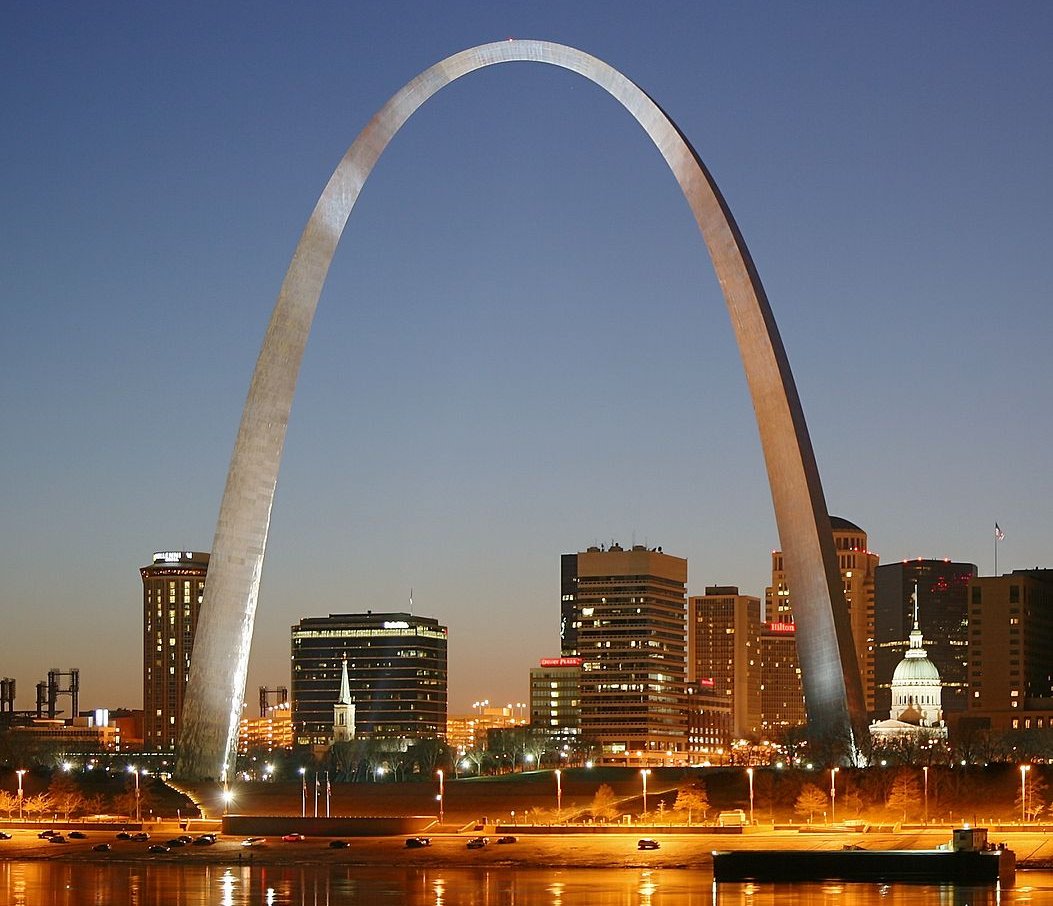 Daniel Schwenderivative, CC BY-SA 2.5, Wikimedia Commons
Daniel Schwenderivative, CC BY-SA 2.5, Wikimedia Commons
Best: Orlando, FL
Don't let the theme parks distract you—Orlando is pulling in entrepreneurs looking for long-term wins. The economy has recently experienced a 2.5% employment increase in one of the fastest-growing job markets. Combined with affordable housing, this is gold if you're trying to attract talent without breaking your payroll budget.
Best: Orlando, FL (Cont.)
Orlando benefits from Florida's tax structure, which has a low corporate tax and no state income tax. The city's steady population growth ensures a rising customer base for brick-and-mortar shops and digital services. A youthful population and a deep hospitality workforce make Orlando suitable for dreamers with a business plan.
Worst: Buffalo, NY
Buffalo's resurgence in arts and food doesn't mask the data: it has one of the lowest business application rates per capita in the country. That means fewer new ventures, less competition—and not in a good way. The cost of doing business is relatively high considering the city's size.
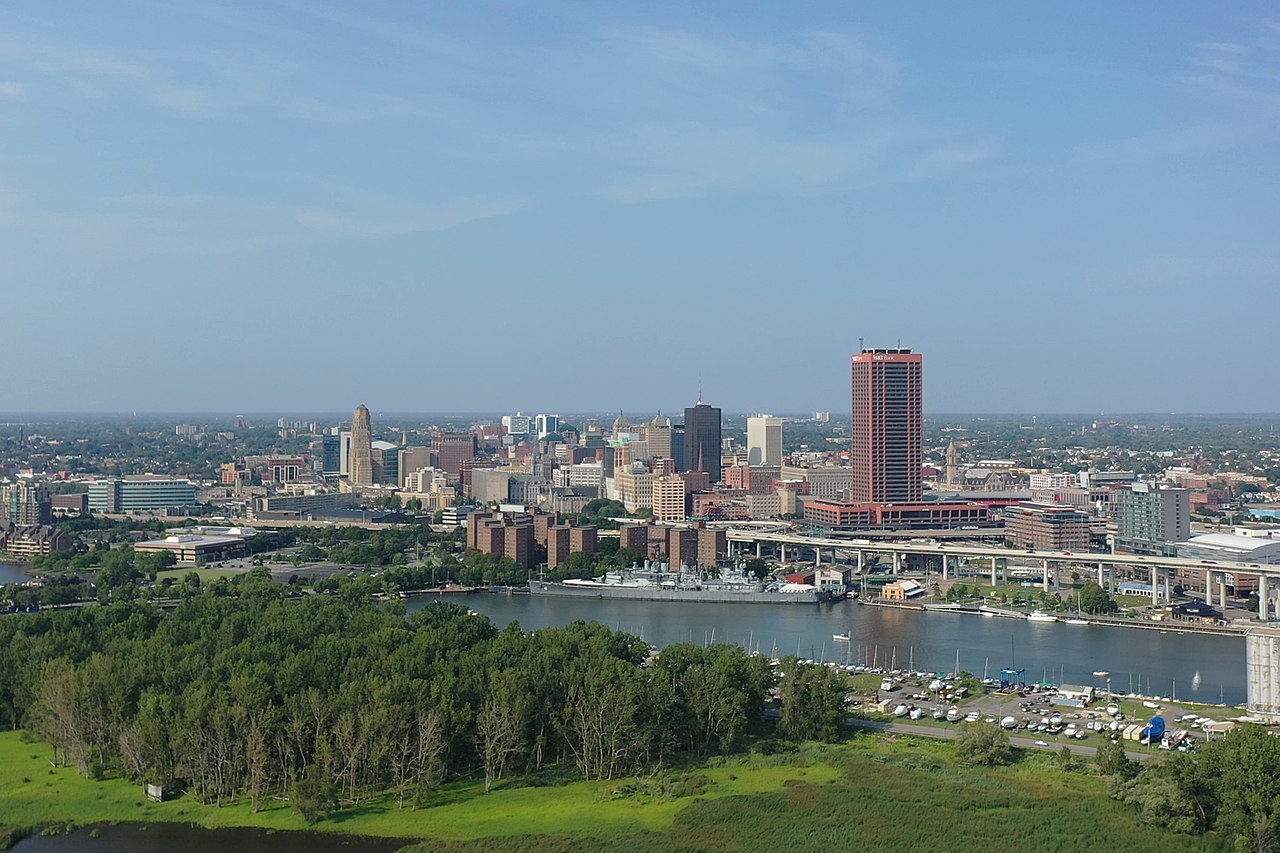 Dekema, CC BY-SA 4.0, Wikimedia Commons
Dekema, CC BY-SA 4.0, Wikimedia Commons
Worst: Buffalo, NY (Cont.)
Moreover, finding skilled labor isn't always easy. Harsh winters also make logistics harder for some industries. The local government has tried to spark growth through incentives and redevelopment projects, but the results have been mixed. Buffalo is trying to climb back, but it's a slow ascent.
Best: St George, UT
Located in the red canyons of southern Utah, St George might not scream "startup city," but its numbers speak volumes. Between 2016 and 2022, small businesses here grew by nearly 46%. That's a sign of a community that supports its entrepreneurs.
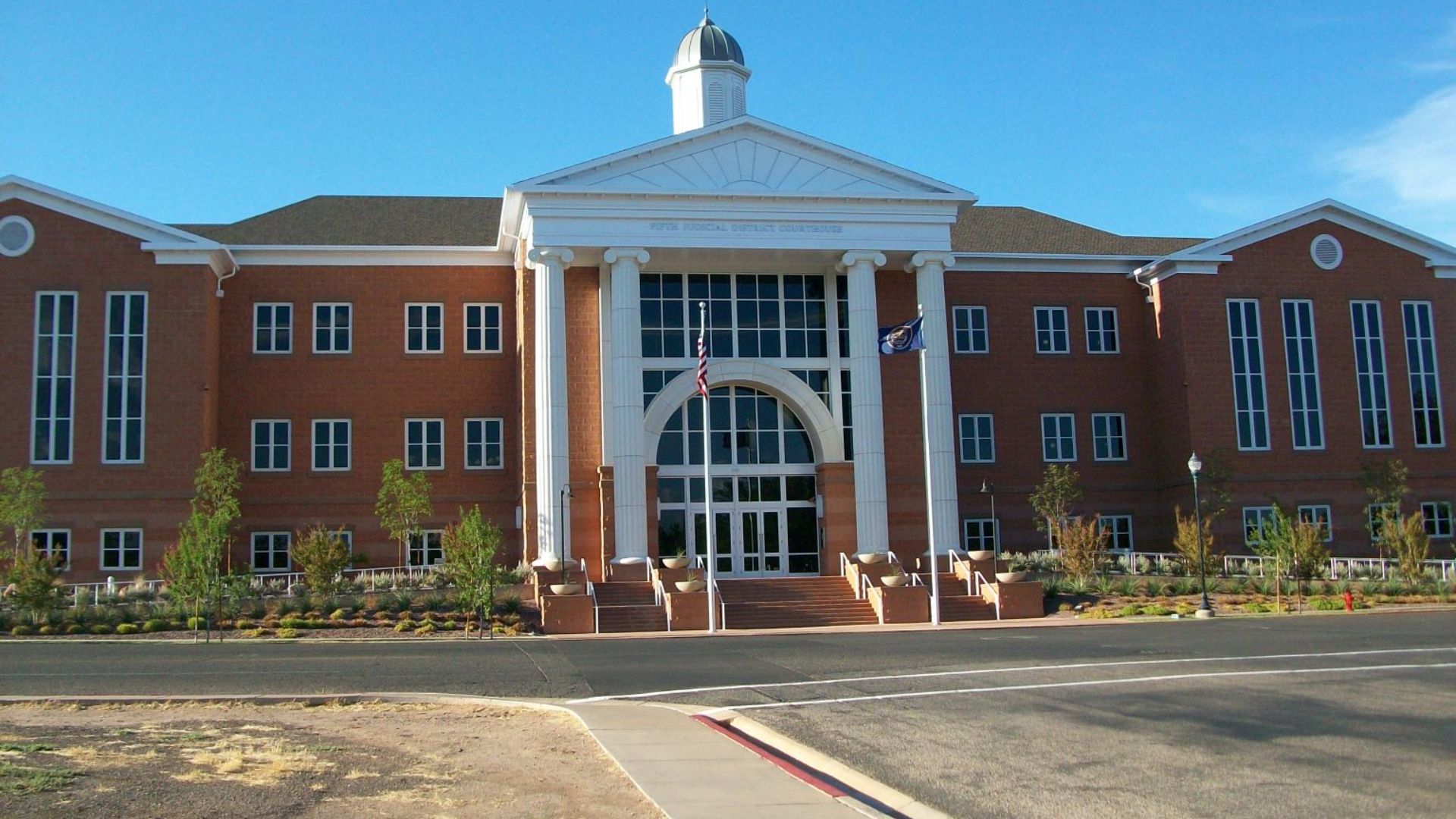 Manway at English Wikipedia, Wikimedia Commons
Manway at English Wikipedia, Wikimedia Commons
Best: St George, UT (Cont.)
St George consistently ranks high for startups per capita as it offers a unique mix of low operating costs, pro-business zoning laws, and a rapidly growing population. Its economy benefits from tourism and a steady stream of remote workers who bring in outside capital while spending locally.
 inkknife_2000, CC BY-SA 2.0, Wikimedia Commons
inkknife_2000, CC BY-SA 2.0, Wikimedia Commons
Worst: New York City, NY
It might be the land of opportunity in movies, but for many startups in New York City, the reality bites. Sky-high rents and one of the most expensive labor markets in the country make launching a business here a logistical and financial nightmare.
Worst: New York, NY (Cont.)
Although access to capital is abundant, competition is fierce, and the cost of staying afloat long enough to break even can drain even well-funded ventures. Plus, layers of bureaucracy and permits take forever, and you've got an environment that's more punishing than promising for most newcomers.
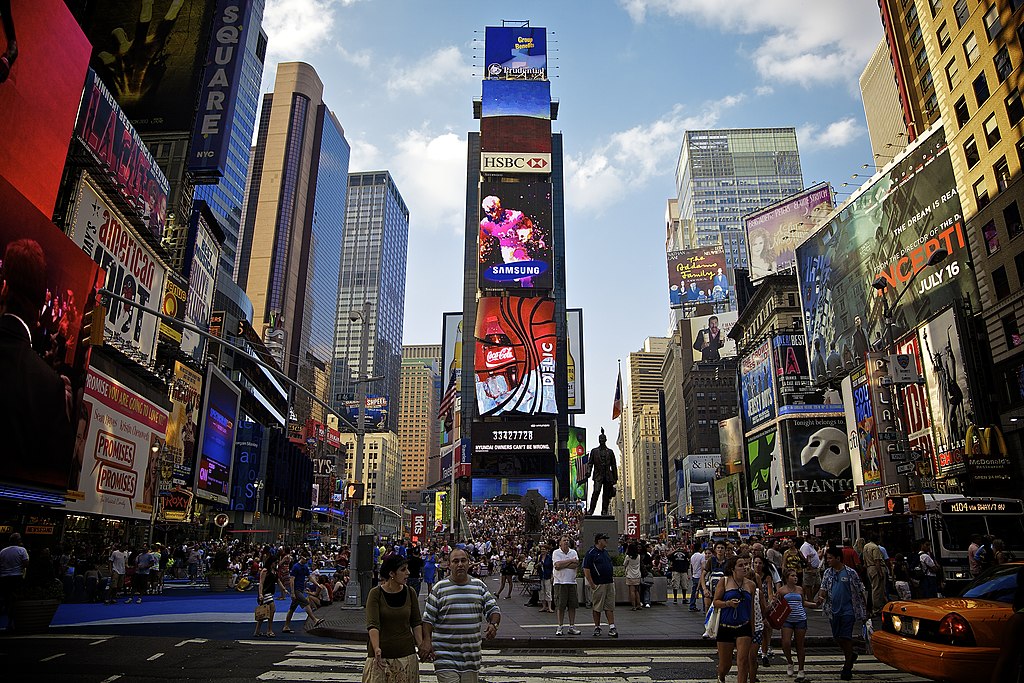 Aurelien Guichard, CC BY-SA 2.0, Wikimedia Commons
Aurelien Guichard, CC BY-SA 2.0, Wikimedia Commons
Best: Fort Myers, FL
Fort Myers may not top most people's radar, but investors are paying attention. This Gulf Coast gem has one of the highest investor-to-resident ratios, which makes it unusually easy for businesses to connect with funding. Things are affordable as labor and utilities come in well below the national average.
Best: Fort Myers, FL (Cont.)
The city's population has surged in recent years, drawing younger families and retirees. This means a constantly evolving consumer base. For founders who want beach views without breaking the bank, this sunny city delivers both style and substance.
Worst: Los Angeles, CA
In theory, LA is a dream for creative startups. In practice? It's a budget-busting hustle. The cost of doing business here is among the highest in the country as employee wages and taxes are steep across the board. Startups also face intense competition and an often sluggish permitting system.
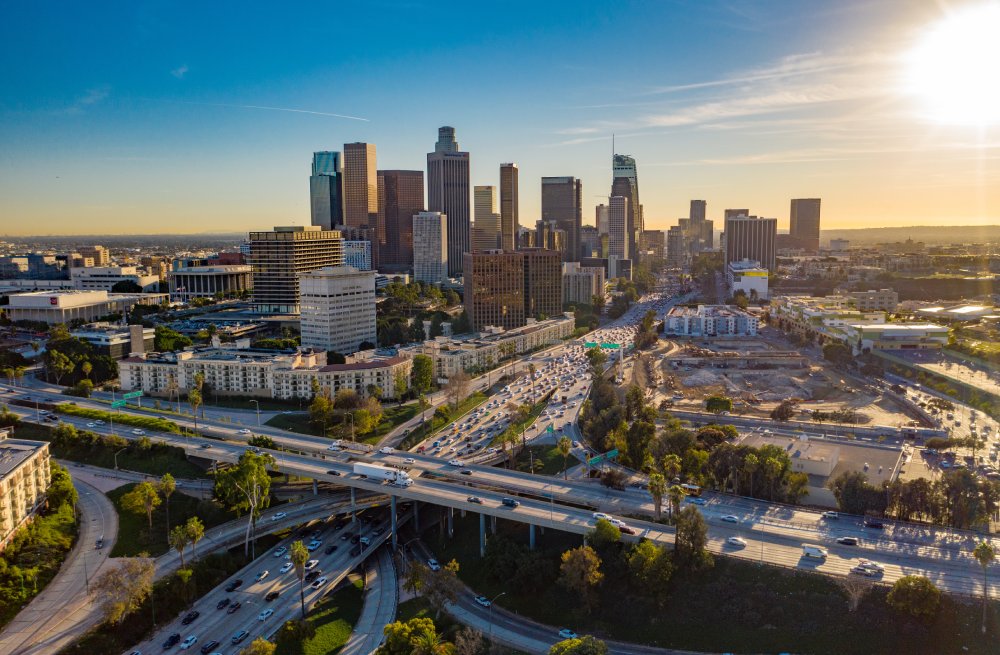 Newport Coast Media, Adobe Stock
Newport Coast Media, Adobe Stock
Worst: Los Angeles, CA (Cont.)
Launching a business in LA can feel like running a marathon uphill. While certain industries like media and wellness thrive in this glittery sprawl, the average small business struggles to find footing. The dream may be big in Los Angeles, but so are the roadblocks.
 Newport Coast Media, Adobe Stock
Newport Coast Media, Adobe Stock
Best: Cedar City, UT
If you're looking for a low-key city with high business potential, Cedar City should be on your shortlist. With a high startup rate per capita, this Utah town is a case study of how smaller markets can punch above their weight.
Best: Cedar City, UT (Cont.)
Affordable rent and an emphasis on tech and service industries have created a lucrative opportunity for entrepreneurs. Small businesses here are multiplying, thanks in part to streamlined licensing and local incentives. Cedar City offers enough talent and tools to grow without the noise or cost of big-city competition.
Worst: Cleveland, OH
Cleveland's affordability might catch the eye, but dig deeper, and the cracks start to show. Despite its size and location, the city ranks low for job growth and startup survival. Entrepreneurs face limited access to venture capital and a smaller pool of skilled workers compared to cities of similar size.
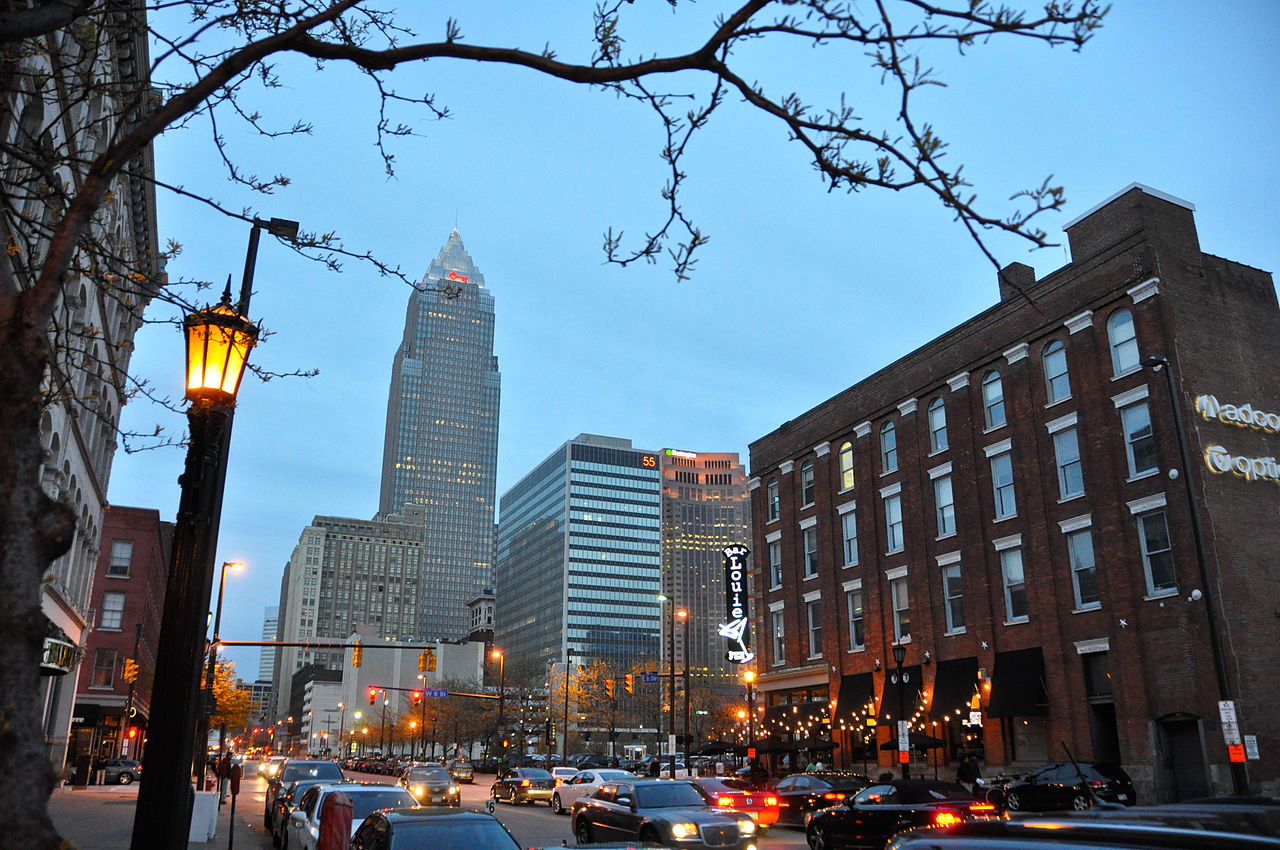 Chris Gent, CC BY-SA 2.0, Wikimedia Commons
Chris Gent, CC BY-SA 2.0, Wikimedia Commons
Worst: Cleveland, OH (Cont.)
While there are some revitalized areas, Cleveland still battles a slow-moving local economy and a shrinking population. Neither of these helps customer acquisition or workforce development. Regulations can be a headache, and the support network for small businesses is still growing.
Best: Dallas, TX
When it comes to starting a business in Texas, Dallas leads the charge. The city ranks as the top destination for corporate relocations, and that infrastructure trickles down to benefit startups. Dallas has a strong workforce and one of the most affordable large-city costs of living in the US.
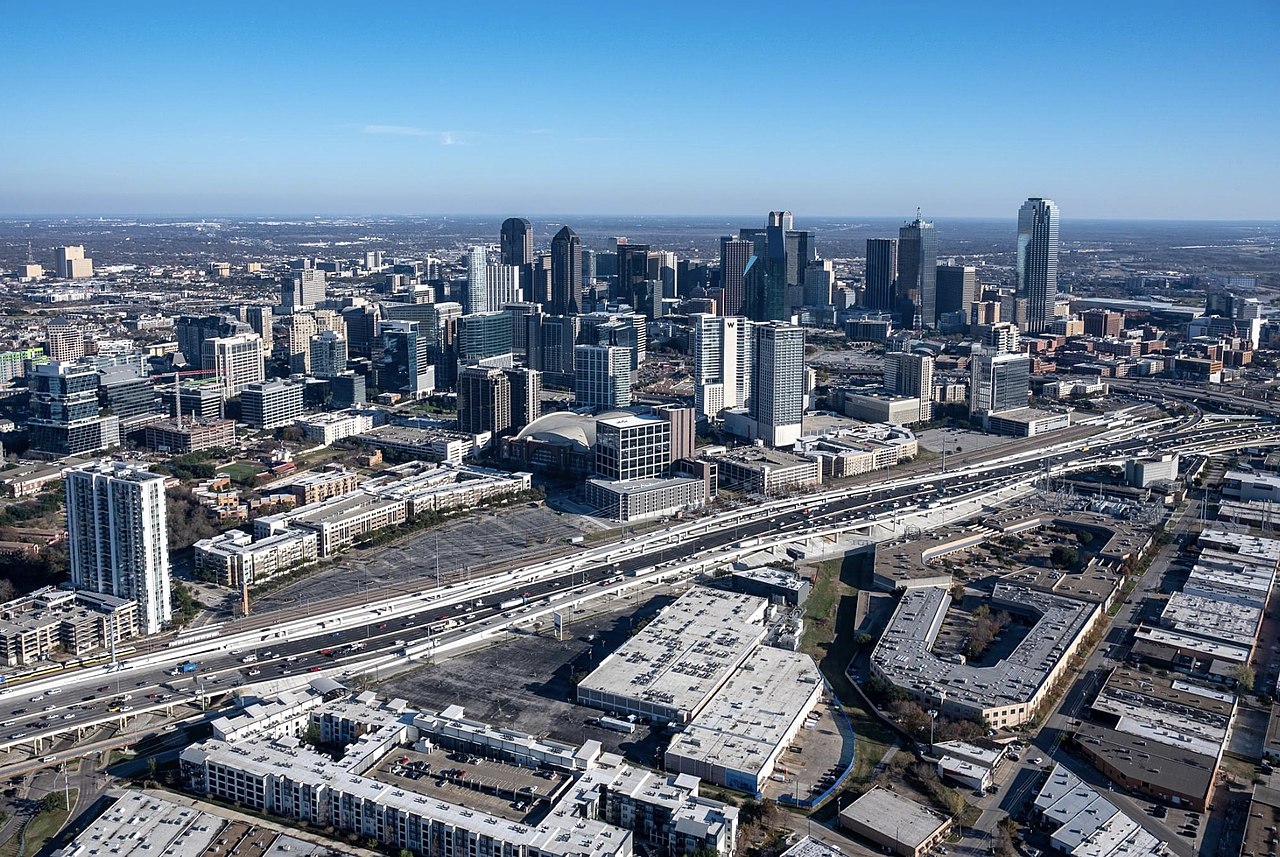 75316serk, CC BY-SA 4.0, Wikimedia Commons
75316serk, CC BY-SA 4.0, Wikimedia Commons
Best: Dallas, TX (Cont.)
Thanks to no state income tax and low barriers to entry, small businesses get off the ground quickly. A well-developed transportation network and plenty of coworking options explain why Dallas isn't just for oil or tech titans. Whether you're building from scratch or scaling fast, the resources here are growing.
Worst: Newark, NJ
Newark sits in the shadow of New York City but offers few of its advantages. High property taxes and limited access to capital make it a difficult place for new ventures to thrive. Entrepreneurs here often face outdated zoning laws, which create frustrating delays before doors can open.
Worst: Newark, NJ (Cont.)
While the city is making efforts to modernize, progress has been uneven. Unfortunately, the cost of operating in Newark doesn't always match the benefits. Safety concerns can also affect business viability. For those eyeing the Tri-State area, nearby cities like Jersey City offer a far more hospitable starting line.
Best: Charlotte, NC
As the second-largest banking hub in the US, Charlotte offers unbeatable access to capital from credit unions and major financial institutions. It has quietly built a reputation as one of the Southeast's strongest contenders for small business success. But it's not just about money.
 Precisionviews, CC BY-SA 4.0, Wikimedia Commons
Precisionviews, CC BY-SA 4.0, Wikimedia Commons
Best: Charlotte, NC (Cont.)
Charlotte's highly educated workforce and relatively low cost of living make it a magnet for startups looking for sustainability. The city also benefits from North Carolina's business-friendly regulatory climate, which offers streamlined licensing and tax incentives for new ventures. It pairs old-school financial muscle with new-school innovation.
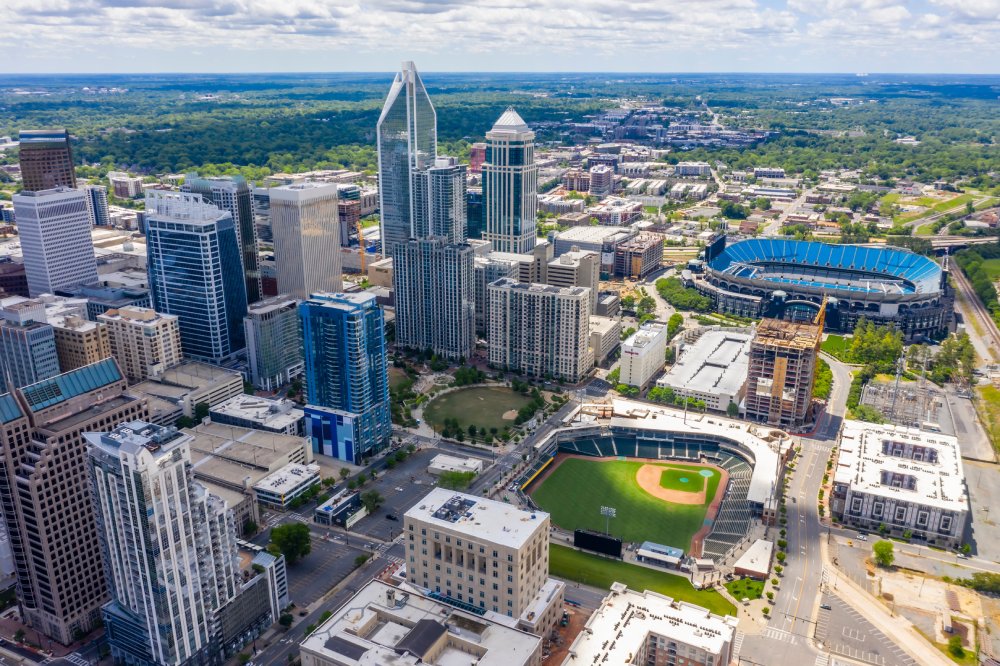 Grindstone Media Grp, Adobe Stock
Grindstone Media Grp, Adobe Stock
Worst: Stockton, CA
Stockton has worked hard to bounce back from its 2012 bankruptcy, but for entrepreneurs, the city still presents more barriers than breakthroughs. The cost of doing business is disproportionately high given the city's economic profile, and regulatory hurdles make it difficult for startups to gain momentum.
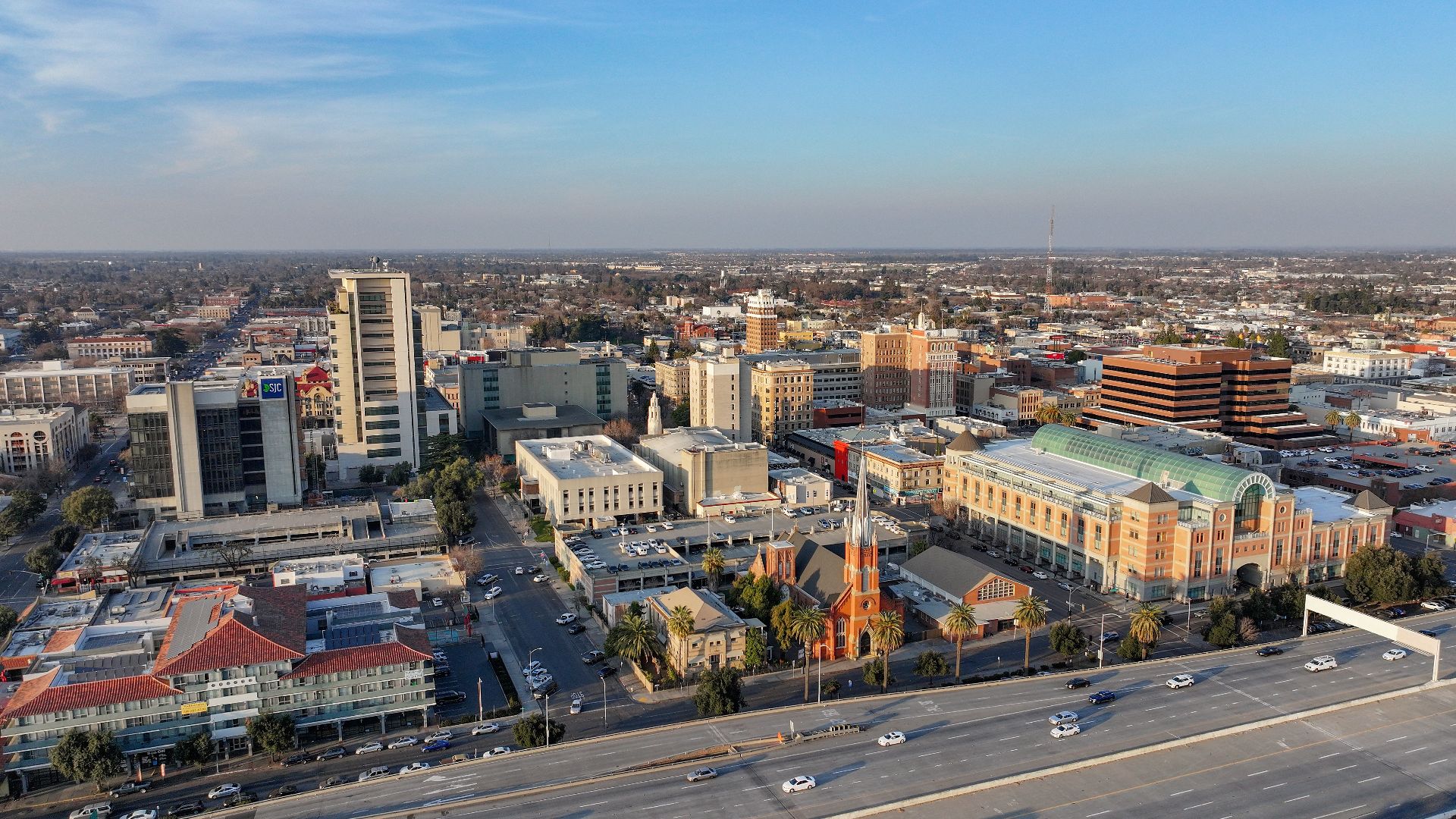 Quintin Soloviev, Wikimedia Commons
Quintin Soloviev, Wikimedia Commons
Worst: Stockton, CA (Cont.)
Unemployment remains a challenge, and attracting skilled labor can be difficult. There's some growth in logistics due to its central California location, but small businesses in retail and services often struggle to survive. Additionally, the limited coworking infrastructure and a lack of active investor communities make it less appealing.
Best: Austin, TX
Austin has long outgrown its "up-and-coming" status. It's a full-blown startup epicenter now. With no state income tax and relatively affordable operating costs compared to coastal tech hubs, Austin provides a runway long enough for businesses to take off.
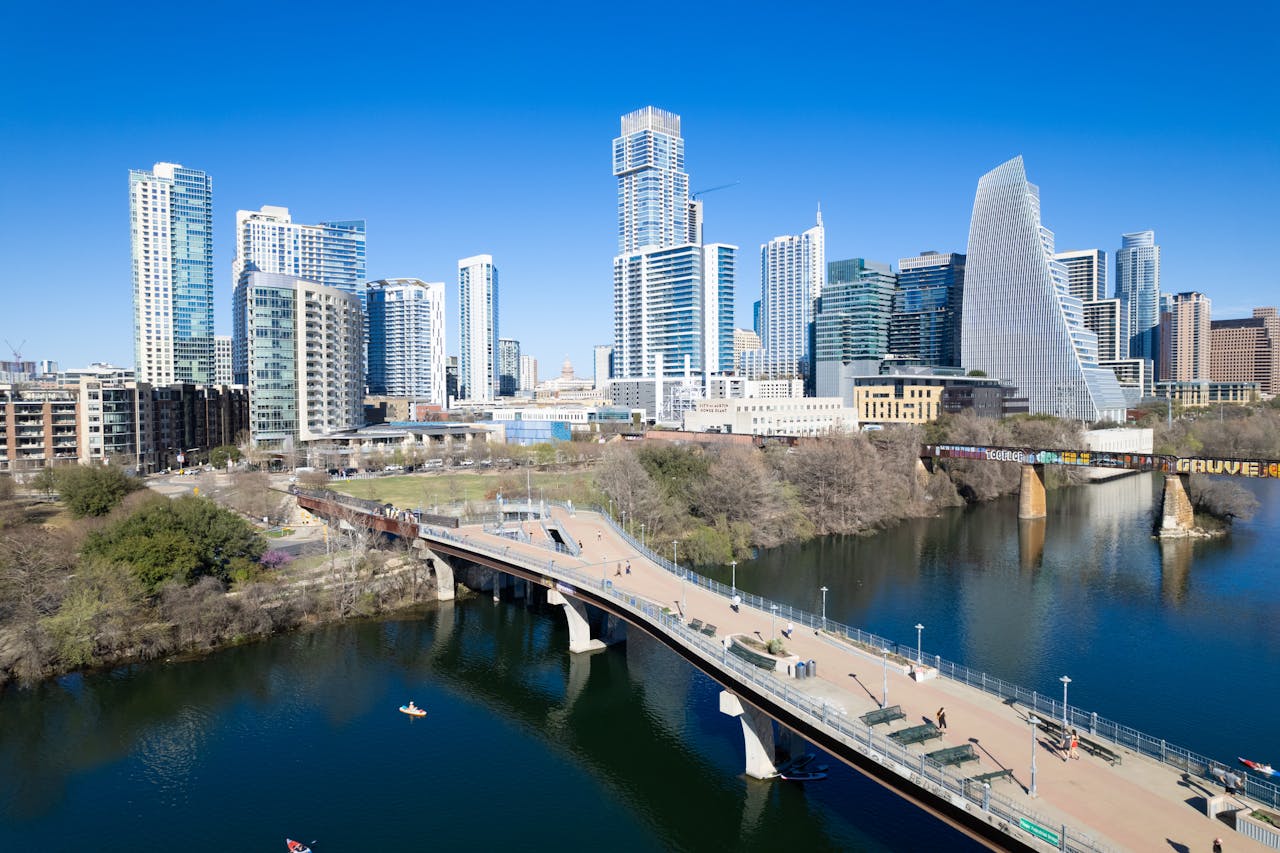 Daydreamer Creative Studios, Pexels
Daydreamer Creative Studios, Pexels
Best: Austin, TX (Cont.)
Known for its tech-forward vibe, the city continues to draw entrepreneurs with its creative energy and collaborative spirit. Add in the SXSW effect, where innovation meets networking and it's no wonder so many startups call Austin home. Beyond tech, the city is thriving in the media and wellness sectors.
Worst: Bakersfield, CA
The cost of living in Bakersfield is relatively affordable, but that's offset by limited access to capital and a smaller pool of educated labor. Moreover, the infrastructure favors industry over innovation. The city's economic base is heavily tied to oil and agriculture—industries that don't always play well with innovation-driven startups.
Worst: Bakersfield, CA (Cont.)
That's one reason the city sees fewer new business applications and low growth in entrepreneurial sectors. Local regulations can be cumbersome, and Bakersfield hasn't yet built out the kind of support networks like incubators or business mentorship programs that help new ventures survive their early years.
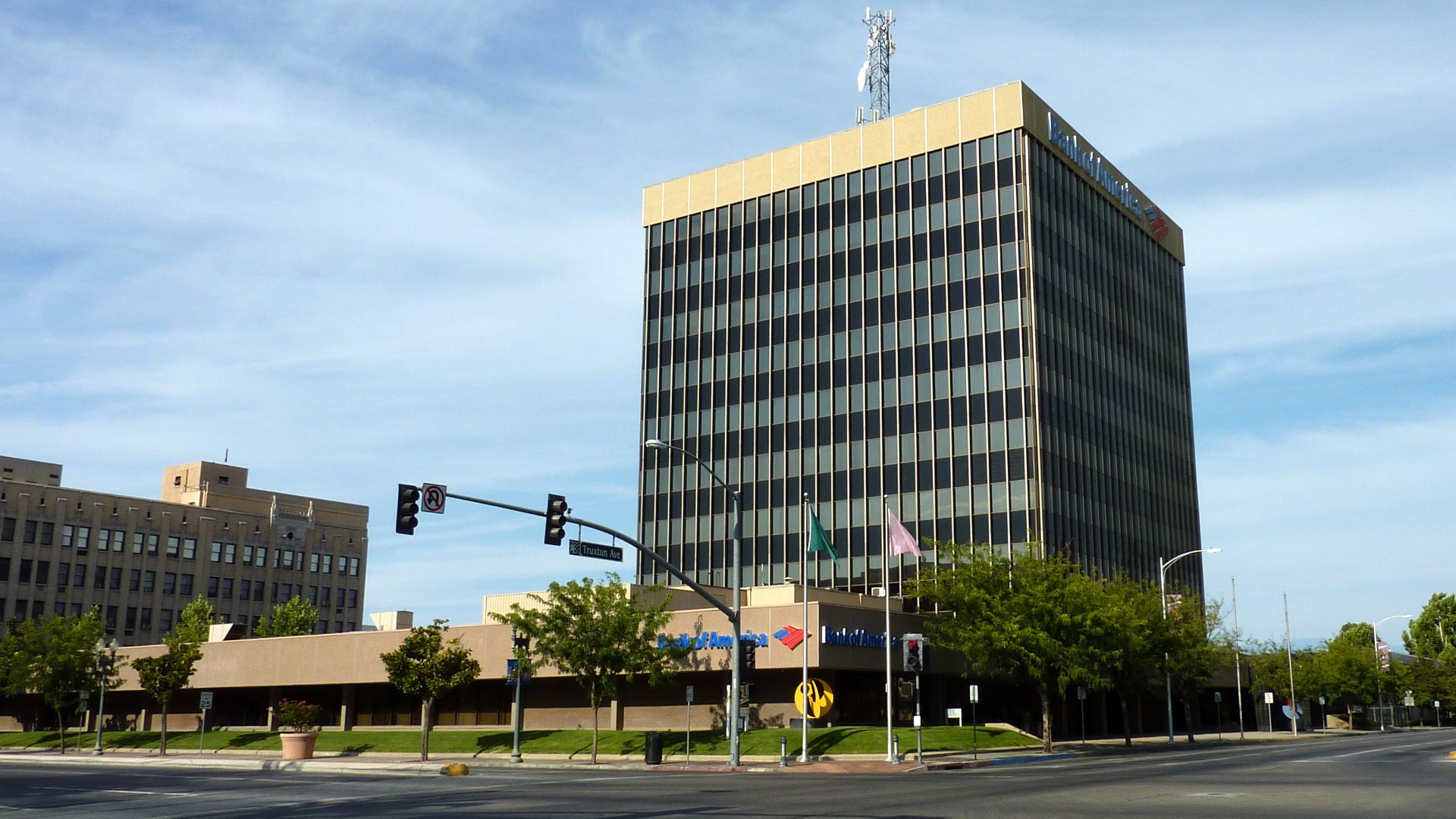 Bobak Ha'Eri, Wikimedia Commons
Bobak Ha'Eri, Wikimedia Commons
Best: Raleigh, NC
Raleigh earns its spot on "best of" lists with steady, meaningful growth. Named the best-performing big city in America in 2025, it offers the kind of economic climate entrepreneurs dream of: low unemployment, strong wage growth, and a well-educated population thanks to nearby universities like NC State and UNC.
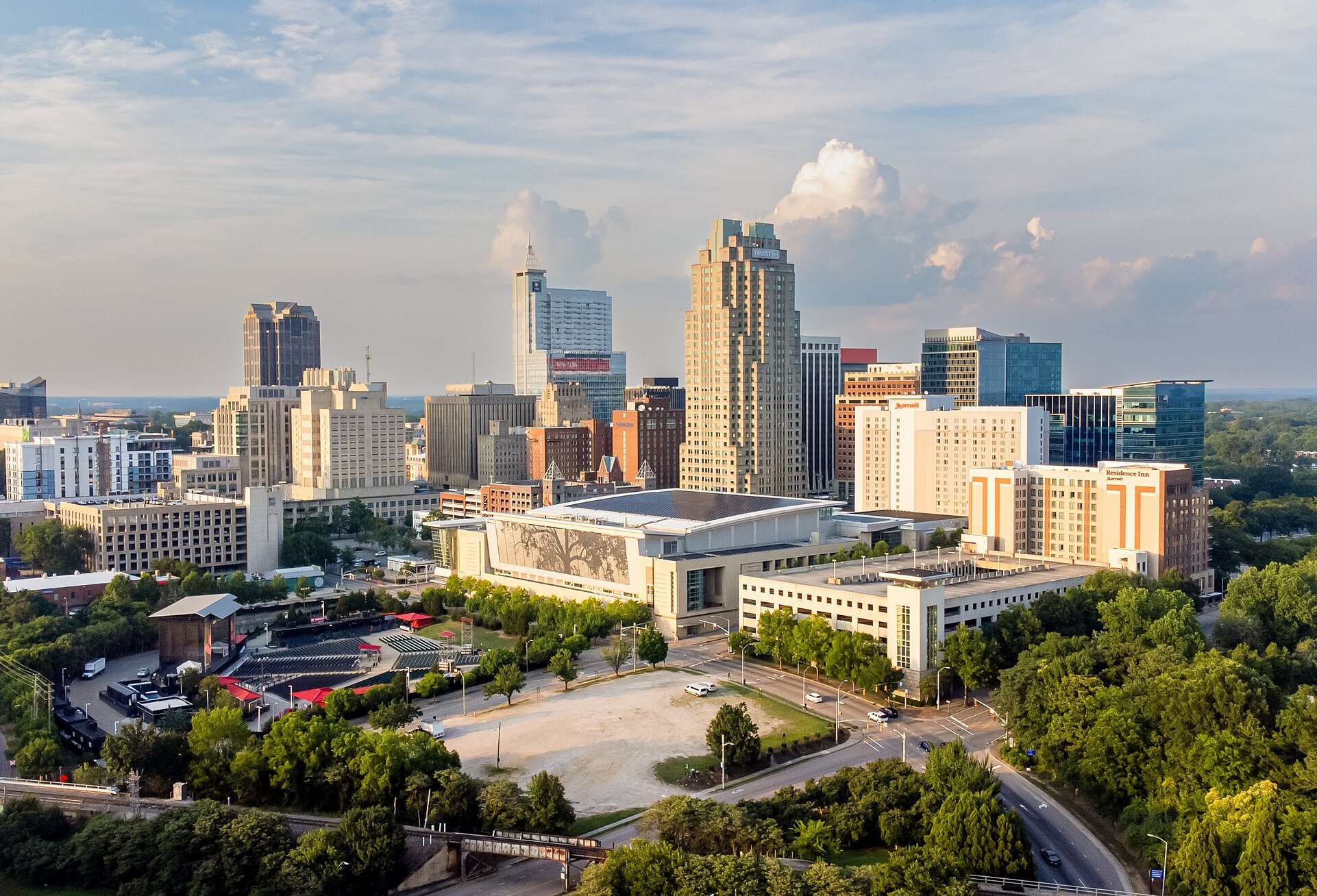 Abhiram Juvvadi, CC BY-SA 4.0, Wikimedia Commons
Abhiram Juvvadi, CC BY-SA 4.0, Wikimedia Commons
Best: Raleigh, NC (Cont.)
The city also has a tight-knit startup ecosystem packed with tech incubators and supportive mentors. Its infrastructure supports both physical business development and digital innovation, while North Carolina's low corporate tax rate gives founders financial breathing room. Raleigh gives you the resources and the runway to make it real.
Worst: Fresno, CA
Just like other Central Valley cities, Fresno faces a similar challenge: it's big on potential but short on execution when it comes to startups. The city lacks a strong foundation of coworking spaces and local funding sources, which makes it tough for new business owners to find community or capital.
Worst: Fresno, CA (Cont.)
Despite having a major university nearby, Fresno struggles to attract and retain talent in high-skill industries. Red tape and zoning issues complicate things even further. Housing and office space are affordable, but Fresno's support systems and infrastructure simply aren't built to help small businesses grow.
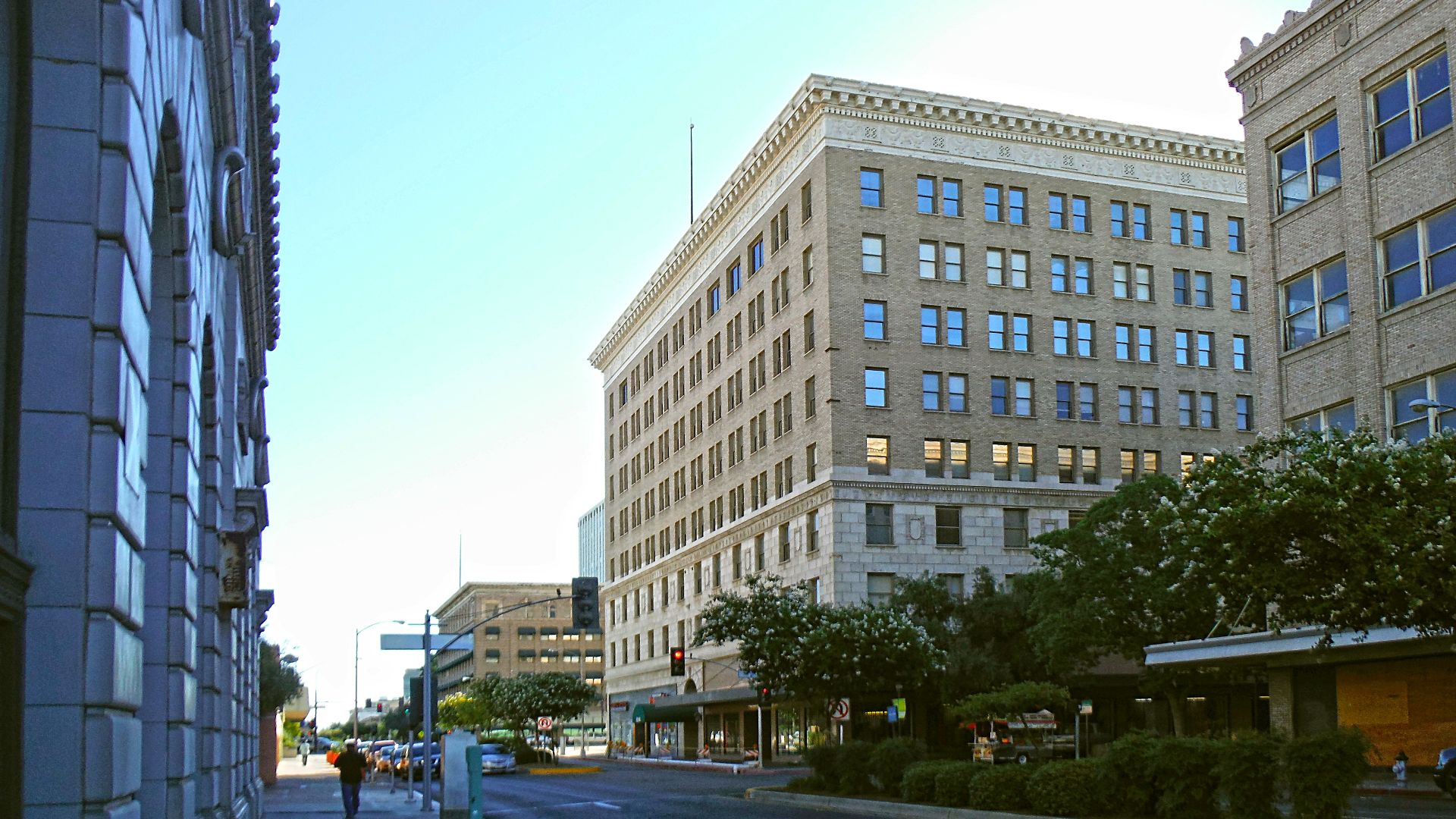 David Prasad from Fresno, CA., United States, Wikimedia Commons
David Prasad from Fresno, CA., United States, Wikimedia Commons


